How to Reduce Blood Pressure Naturally
The medical term for high blood pressure is hypertension, and it affects millions of individuals worldwide. The illness is often known as "the silent killer" since individuals are frequently unaware that they have it. (1)
Blog Contents
Why Is Hypertension Detrimental to Health?
If you have high blood pressure, it indicates that your heart is working harder than usual to pump blood throughout your body. It also indicates that the pressure is hitting the walls of your arteries hard. A heart that has been over-functioning for an extended period of time is likely to be exhausted. In addition, this pressure may damage your arteries and cause significant health issues such as a heart attack or a stroke. (2)
What Is The Definition of High Blood Pressure
Blood pressure is a measurement of the force exerted by the blood on the artery walls. Numerous fluctuations in blood pressure occur throughout the day. Hypertension is a condition in which the blood pressure remains elevated over time (1). Medications are often used to treat hypertension to prevent damage to the blood vessels and heart. Untreated hypertension may lead to major health complications, including heart disease, stroke, and renal failure, so it is crucial to get treatment. (2)
The Two Types of Hypertension
-
Primary hypertension is an increase in blood pressure when the aetiology of the disease is not known
- Secondary hypertension is a rise in blood pressure caused by an underlying disease. Among these ailments are renal illness and sleep apnea (6)
Blood Pressure Readings
- Blood pressure readings are measured in mercury millimetres (mm Hg)
- The systolic pressure (the first number) measures the power your heart puts on the artery walls with each heartbeat
- The diastolic pressure is the force that the heart exerts on the arterial walls between beats (the second number)
- Normal blood pressure is usually 120/80 mm Hg
- A blood pressure that exceeds 140/90 mm Hg is considered to be high (7)
What Are The Causes of High Blood Pressure
Smoking, being overweight or obese, not getting enough physical exercise, eating a poor diet, drinking too much alcohol, stress, and aging may all elevate blood pressure. No matter what the root cause may be, you may reduce your blood pressure by making adjustments to your lifestyle, such as adopting a nutritious diet, keeping a healthy weight, and engaging in regular physical activity. (1,2,4)
Lifestyle changes to reduce blood pressure:
-
Drink lots of water, and whenever your urine looks darker than a faint yellow, it is your cue to drink more water
-
Consume a diet abundant in fruits and vegetables. This can include both raw and cooked vegetables
-
Watch your added salt intake and keep in mind that natural salts that contain minerals are much healthier than simple sodium chloride
-
Make sure you have regular exercise, and that can include both structured physical activity and leisure physical activity. Going out for a walk or gardening are both considered good sources of physical activity
-
Use meditation, deep breathing, or other ways to relax to deal with stress, and know that your blood pressure is directly related to how much stress you are feeling
-
Re-evaluate your diet and consider quitting the use of tobacco and alcohol
-
Get enough sleep and make sure that you start the day on a healthy, relaxing note
-
Keep an eye on warning signs such as tension headaches or a sudden burst of anger. They may indicate that your blood pressure is getting high
-
Keep an eye on your body mass index and understand that a healthy weight plays an important role in preventing several health conditions, including high blood pressure
- Following a doctor's instructions and taking medications is important, and though many interventions may improve blood pressure, a healthcare provider must always evaluate your health progress
How Dietary Approaches Work to Reduce Blood Pressure
Blood Volume Regulation
Our blood pressure is based on the girth of our blood vessels and how much liquid there is in them. If the blood vessels contract, then it is expected that the pressure will increase. If the blood vessels relax, then the blood pressure will decrease. On the other hand, the amount of liquid that is in the blood vessels also plays a similar role (1,2,6). More fluid results in higher blood pressure, while less fluid results in lower blood pressure. A good way to lower high blood pressure is to control blood volume and make sure there is a healthy balance of electrolytes.
Our body regulates our fluid level with our salt and water intake. It is important to drink enough water so that the blood does not end up being very viscous. Viscus blood is harder to pump as it is more sticky. On the other hand, if we take in too much salt, the salt will draw in more water and cause the blood pressure to go up. Thus, lowering sodium intake is known to significantly improve blood pressure. (1, 6, 8)
A diet that is high in leafy greens encourages mineral balance in the body, causing the body to better control blood volume. Those foods naturally contain more liquid, more minerals than just sodium, and higher levels of healing compounds such as antioxidants. (8,9)
Blood Vessel Strength
Leafy greens and dark fruits like berries are high in antioxidants like anthocyanidins. These antioxidants play a role in strengthening the blood vessels. Stronger blood vessels are much better at contracting and relaxing when needed. Additionally, when fats accumulate in them, they are less likely to oxidize and find broken areas to get lodged in. Without lodging into the blood vessels, there is a smaller risk of vascular damage. (10)
Stronger vessels are more resilient in the face of blood pressure changes, and they are less likely to deteriorate and break apart, causing accidental bleeds like strokes.
Better Control of Vascular Tone
The control of vascular tone is highly complex and depends on many factors, including our stress levels, our built-in baroreceptors, and our hormonal health.
Studies show that males have a slower rate of vascular control when blood pressure needs to be lowered. Hormonal differences can explain some of the differences between how men and women control their blood vessels. (11)
It is important to remember that our stress response is one of the most important determinants of whether or not our blood pressure will increase. After all, our blood pressure goes up when we are in a state of arousal that isn't caused by physical activity. Such a state is known as a "fight or flight response." The fight or flight response is a complicated process in which the body gets ready to use its muscles to protect itself. When we are constantly stressed out and afraid, our bodies tend to produce more stress hormones. Those hormones keep our blood pressure elevated. (12)
Leafy greens and berries are usually high in vitamin C. Vitamin C is a key player in the upkeep of our adrenal glands in times of stress. It also has the capacity to regulate blood sugar, blood pressure, and stress hormones. Keeping in mind that the stress response is a highly damaging, oxidative pathway that promotes tissue breakdown in the long term, the antioxidants like carotenoids and anthocyanidins that are naturally abundant in leafy greens and berries come in very handy when the body is exposed to stress. (13)
Limitations of Regulating Blood Vessels and Stress
Leafy greens and berries are known to be some of the best things to eat to keep your heart healthy and lower your blood pressure. The biggest limitation is the volume of greens and berries that we consume. Most of us have a diet that is very low in berries and leafy greens. Additionally, even those who actively seek to eat a healthy diet are limited by the amount of fibre that comes with such foods. While fiber is a very important dietary component, too much fiber may be hard on the digestive system (14). Even when fibre is well tolerated, it is bulky and likely to fill the stomach and make a person feel full before enough leafy greens or berries have been eaten. From those limitations, the world of juicing was birthed as the best way to consume high amounts of vitamins and minerals that enter the body free of the limitations of fibre.
Benefits of Green Juice
- Anti-oxidant
- Reduces cholesterol
- Improves blood sugar control
- Reduces blood pressure
- Reduces inflammation
- Promotes healthy weight loss
Wheatgrass Juice
A recent study has found that wheatgrass juice may provide significant health benefits. Wheatgrass is a type of grass that is rich in nutrients, including vitamins A, C, and E, as well as iron and potassium. The juice is made by juicing the fresh leaves of the wheatgrass plant. (15)
Several studies indicate that participants who drank wheatgrass juice daily for eight weeks showed a significant increase in blood oxygen levels and a decrease in inflammation. Additionally, they also had lower levels of bad cholesterol and higher levels of good cholesterol. These results suggest that adding wheatgrass juice to a healthy diet may significantly improve several aspects of health. (16, 17, 18)
What is Kamut?
Many people are familiar with wheat, as it is a common ingredient in bread and pasta. However, Kamut is a less well-known grain that is similar to wheat in appearance and taste. Both grains are members of the grass family, and they are both high in carbohydrates and fibre. However, there are some important differences between wheat and Kamut. (19)
Kamut is an old grain that was grown for the first time in Mesopotamia and ancient Egypt. It is much bigger than wheat. Kamut is a trademarked name; other products may be sold under the names Khorasan wheat or Egyptian wheat. Kamut is grown in Canada, the United States, Italy, Turkey, and Morocco. (19, 20)
Kamut contains more protein and essential fatty acids than wheat. As a result, Kamut provides a number of health benefits that wheat does not. For example, Kamut can help to reduce cholesterol levels and improve digestion. If you are looking for a healthy alternative to wheat, Kamut may be a perfect choice. (20)
Kamut Grass
Kamut grass is often called a "superfood" because it has been shown to increase energy, improve digestion, and help the body get rid of toxins. Kamut grass is also a good source of fibre, protein, and vitamins A, C, and E. In addition, Kamut grass contains several essential minerals, including magnesium, potassium, and calcium. Also, Kamut grass is a powerful antioxidant that helps keep free radicals from damaging cells. (19)
Barley Grass Juice
Barleygrass juice is a healthy addition to any diet. This type of grass is rich in vitamins, minerals, and chlorophyll and has been shown to improve both overall health and heart health.
-
A study from 2020 that was published at the National Library of Medicine said that barley grass has GABA, SOD, and tryptophan in it. Those constituents are known to enhance vascular health, reduce blood pressure, and promote heart health in times of stress (21)
-
Other studies note barley grass juice lowers levels of LDL cholesterol and triglycerides (22)
-
Several studies show that barley grass and barley grass juice help support weight management (22)
- A recent study has shown that barley grass juice may have indirect heart health benefits. Barley grass helps to reduce inflammation and improve the way the liver works (21)
Barley grass juice is a powerful health elixir. It has been shown to improve heart health, reduce blood pressure, and promote healthy weight loss. Barley grass juice is rich in antioxidants and phytochemicals, which protect the body against free radical damage. The juice is also a good source of minerals, including potassium and magnesium. All of these nutrients work together to support heart health and keep the heart rate down. (21)
Berries for Blood Pressure
Consuming berries may help to lower blood pressure, according to many high-quality studies. A randomized, double-blind, placebo-controlled trial showed that postmenopausal women with high blood pressure had much lower blood pressure when they consumed freeze-dried strawberry powder. The participants took either a placebo or a supplement with freeze-dried strawberry powder for eight weeks. The trial concluded that postmenopausal women with high blood pressure had much lower blood pressure when they consumed a daily dose of freeze-dried strawberry powder. (23)
Based on these results, berries may be a good addition to a plan to treat high blood pressure. But the researchers said at the end of the study that these results need to be confirmed by more research.
Blueberries for Heart Health
If you eat blueberries every day, you may have lower blood pressure and fewer stiff arteries. This may be in part because your body makes more nitric oxide.
There are many different types of berries, each with its own unique flavour and nutritional profile. Two of the most popular berries are blueberries and Aronia berries. Both are rich in antioxidants and other nutrients, but there are also some key differences between them. Blueberries, for example, are a good source of vitamin C, and Aronia berries are thought to have the most antioxidants of all berries. Additionally, blueberries contain more sugar than Aronia berries (24). When choosing between these two types of berries, it is important to consider your individual needs and preferences. If you are looking for a sweet treat, blueberries may be the better option. However, if you are concerned about sugar intake or you are looking for a berry with more health benefits, antioxidant potential, and immune health support, Aronia berries may be a better choice. (25)
Aronia Berry for Heart Health
Aronia berries contain large amounts of antioxidants, which have been linked to many health benefits. One of the most promising benefits of Aronia berries is their effect on heart health. Studies have shown that consuming these berries can help to reduce LDL cholesterol levels and improve blood circulation. The antioxidants in Aronia berries can also help stop plaque from building up in the arteries, which can lead to heart disease. Eating Aronia berries regularly may help lower your risk of heart problems.
-
In a recent study, scientists looked at what happened to rats' blood pressure when they were given an extract from Aronia berries. The rats in the Aronia group had much lower blood pressure than the rats who took a placebo. These findings suggest that Aronia berry extract may be effective in lowering blood pressure (26)
- A 2021 meta-analysis of clinical trials on the Aronia berry showed that taking Aronia berry extracts every day for 6–8 weeks significantly lowers systolic blood pressure. Dietary supplementation with Aronia berries is safe and likely effective at controlling both cholesterol and blood pressure (27)
Article References:
1. Kalehoff JP, Oparil S. The story of the silent killer. Current Hypertension Reports. 2020 Sep;22(9):1-4.
2. Messerli FH, Williams B, Ritz E. Essential hypertension. The Lancet. 2007 Aug 18;370(9587):591-603.
3. Wilburn AJ, King DS, Glisson J, Rockhold RW, Wofford MR. The natural treatment of hypertension. The Journal of Clinical Hypertension. 2004 May;6(5):242-8.
4. Tabassum N, Ahmad F. Role of natural herbs in the treatment of hypertension. Pharmacognosy reviews. 2011 Jan;5(9):30.
5. Foushee DB, Ruffin J, Banerjee U. Garlic as a natural agent for the treatment of hypertension: a preliminary report. Cytobios. 1982 Jan 1;34(135-36):145-52.
6. Folkow B. " Structural factor" in primary and secondary hypertension. Hypertension. 1990 Jul;16(1):89-101.
7. Lloyd-Jones DM, Evans JC, Larson MG, O’Donnell CJ, Roccella EJ, Levy D. Differential control of systolic and diastolic blood pressure: factors associated with lack of blood pressure control in the community. Hypertension. 2000 Oct;36(4):594-9.
8. Farquhar WB, Edwards DG, Jurkovitz CT, Weintraub WS. Dietary sodium and health: more than just blood pressure. Journal of the American College of Cardiology. 2015 Mar 17;65(10):1042-50.
9. Hermansen K. Diet, blood pressure and hypertension. British Journal of Nutrition. 2000 Jun;83(S1):S113-9.
10. Vendrame S, Klimis-Zacas D. Potential factors influencing the effects of anthocyanins on blood pressure regulation in humans: a review. Nutrients. 2019 Jun;11(6):1431.
11. Reckelhoff JF. Gender differences in the regulation of blood pressure. Hypertension. 2001 May;37(5):1199-208.
12. Lundberg U. Stress hormones in health and illness: the roles of work and gender. Psychoneuroendocrinology. 2005 Nov 1;30(10):1017-21.
13. Darko D, Dornhorst A, Kelly FJ, Ritter JM, Chowienczyk PJ. Lack of effect of oral vitamin C on blood pressure, oxidative stress and endothelial function in Type II diabetes. Clinical science. 2002 Oct 1;103(4):339-44.
14. Magee JS, Young P. S1761 Too Much of a Good Thing: Stercoral Perforation Following Resumption of a High Fiber Diet After Colonoscopy. Official journal of the American College of Gastroenterology| ACG. 2020 Oct 1;115:S910.
15. Padalia S, Drabu S, Raheja I, Gupta A, Dhamija M. Multitude potential of wheatgrass juice (Green Blood): An overview. Chronicles of young scientists. 2010 Apr 1;1(2):23-8.
16. Chauhan M. A pilot study on wheat grass juice for its phytochemical, nutritional and therapeutic potential on chronic diseases. International journal of chemical studies. 2014;2(4):27-34.
17. Handzel M, Sibert J, Harvey T, Deshmukh H, Chambers C. Monitoring the Oxygenation of Blood During Exercise After Ingesting Wheatgrass Juice. The internet journal of alternative medicine. 2008;8(1):1-5.
18. Kumar N, Iyer U. Impact of wheatgrass (Triticum aestivum L.) supplementation on atherogenic lipoproteins and menopausal symptoms in hyperlipidemic South Asian Women–A randomized controlled study. Journal of Dietary Supplements. 2017 Sep 3;14(5):503-13.
19. Bordoni A, Danesi F, Di Nunzio M, Taccari A, Valli V. Ancient wheat and health: a legend or the reality? A review on KAMUT khorasan wheat. International journal of food sciences and nutrition. 2017 Apr 3;68(3):278-86.
20. Sofi F, Whittaker A, Cesari F, Gori AM, Fiorillo C, Becatti M, Marotti I, Dinelli G, Casini A, Abbate R, Gensini GF. Characterization of Khorasan wheat (Kamut) and impact of a replacement diet on cardiovascular risk factors: cross-over dietary intervention study. European journal of clinical nutrition. 2013 Feb;67(2):190-5.
21. Zeng Y, Pu X, Yang J, Du J, Yang X, Li X, Li L, Zhou Y, Yang T. Preventive and therapeutic role of functional ingredients of barley grass for chronic diseases in human beings. Oxidative medicine and cellular longevity. 2018 Oct;2018.
22. Thatiparthi J, Dodoala S, Koganti B, Kvsrg P. Barley grass juice (Hordeum vulgare L.) inhibits obesity and improves lipid profile in high fat diet-induced rat model. Journal of ethnopharmacology. 2019 Jun 28;238:111843.
23. Feresin RG, Johnson SA, Pourafshar S, Campbell JC, Jaime SJ, Navaei N, Elam ML, Akhavan NS, Alvarez-Alvarado S, Tenenbaum G, Brummel-Smith K. Impact of daily strawberry consumption on blood pressure and arterial stiffness in pre-and stage 1-hypertensive postmenopausal women: A randomized controlled trial. Food & function. 2017;8(11):4139-49.
24. Stull AJ, Cash KC, Champagne CM, Gupta AK, Boston R, Beyl RA, Johnson WD, Cefalu WT. Blueberries improve endothelial function, but not blood pressure, in adults with metabolic syndrome: a randomized, double-blind, placebo-controlled clinical trial. Nutrients. 2015 Jun;7(6):4107-23.
25. Sidor A, Gramza-Michałowska A. Black chokeberry Aronia melanocarpa L.—A qualitative composition, phenolic profile and antioxidant potential. Molecules. 2019 Jan;24(20):3710.
26. Cebova M, Klimentova J, Janega P, Pechanova O. Effect of bioactive compound of Aronia melanocarpa on cardiovascular system in experimental hypertension. Oxidative Medicine and Cellular Longevity. 2017 Nov 30;2017.
27. Hawkins J, Hires C, Baker C, Keenan L, Bush M. Daily supplementation with aronia melanocarpa (chokeberry) reduces blood pressure and cholesterol: A meta analysis of controlled clinical trials. Journal of dietary supplements. 2021 Aug 23;18(5):517-30.








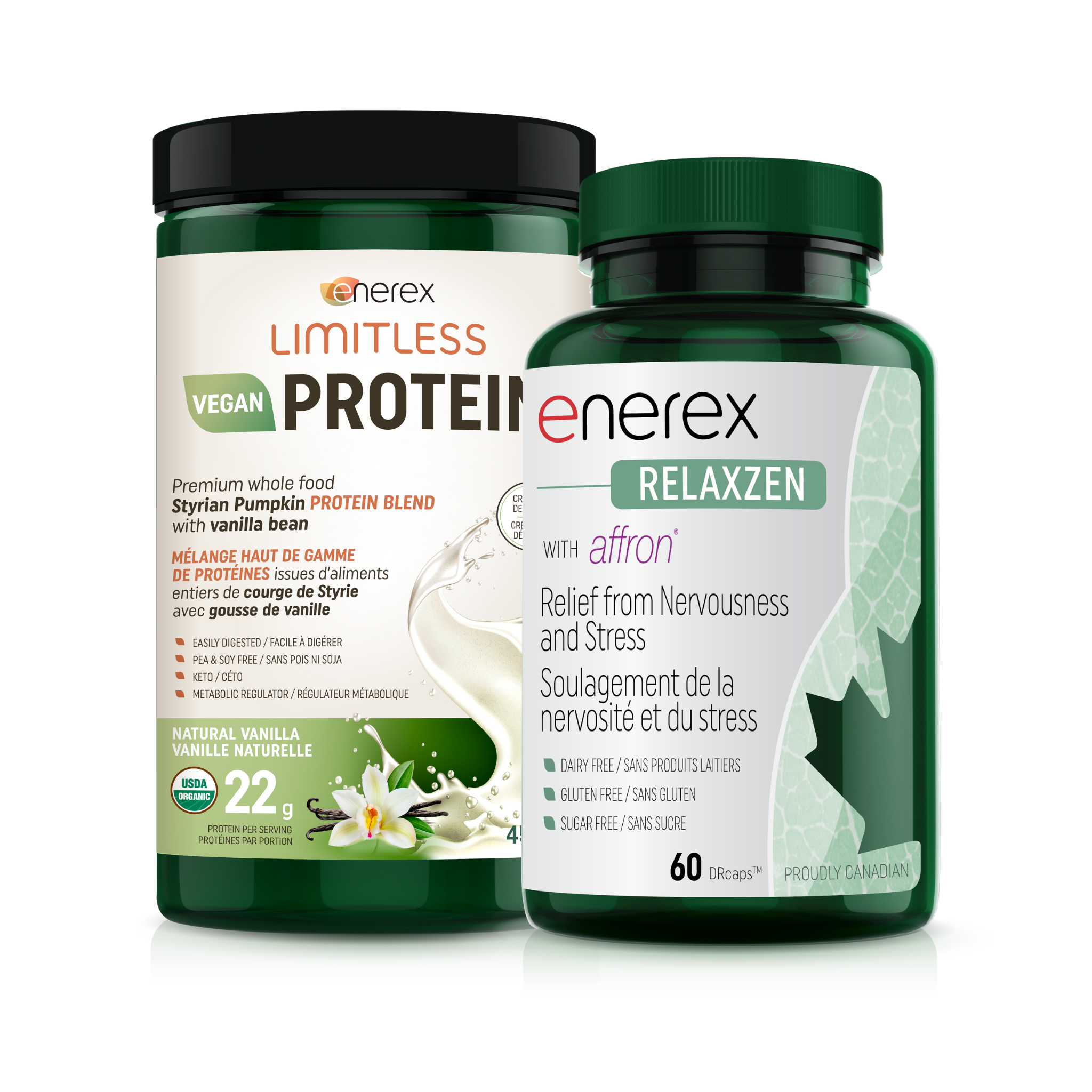
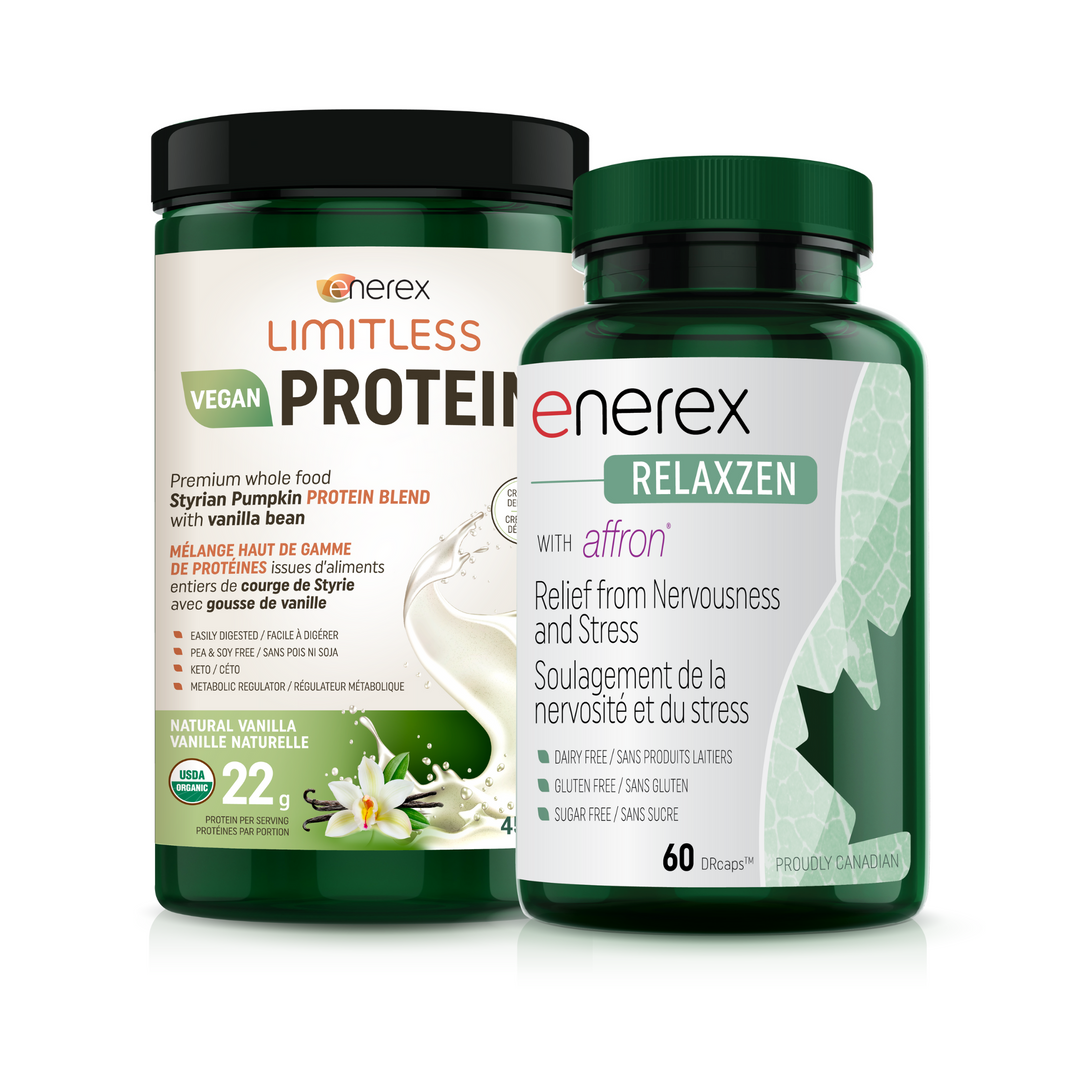
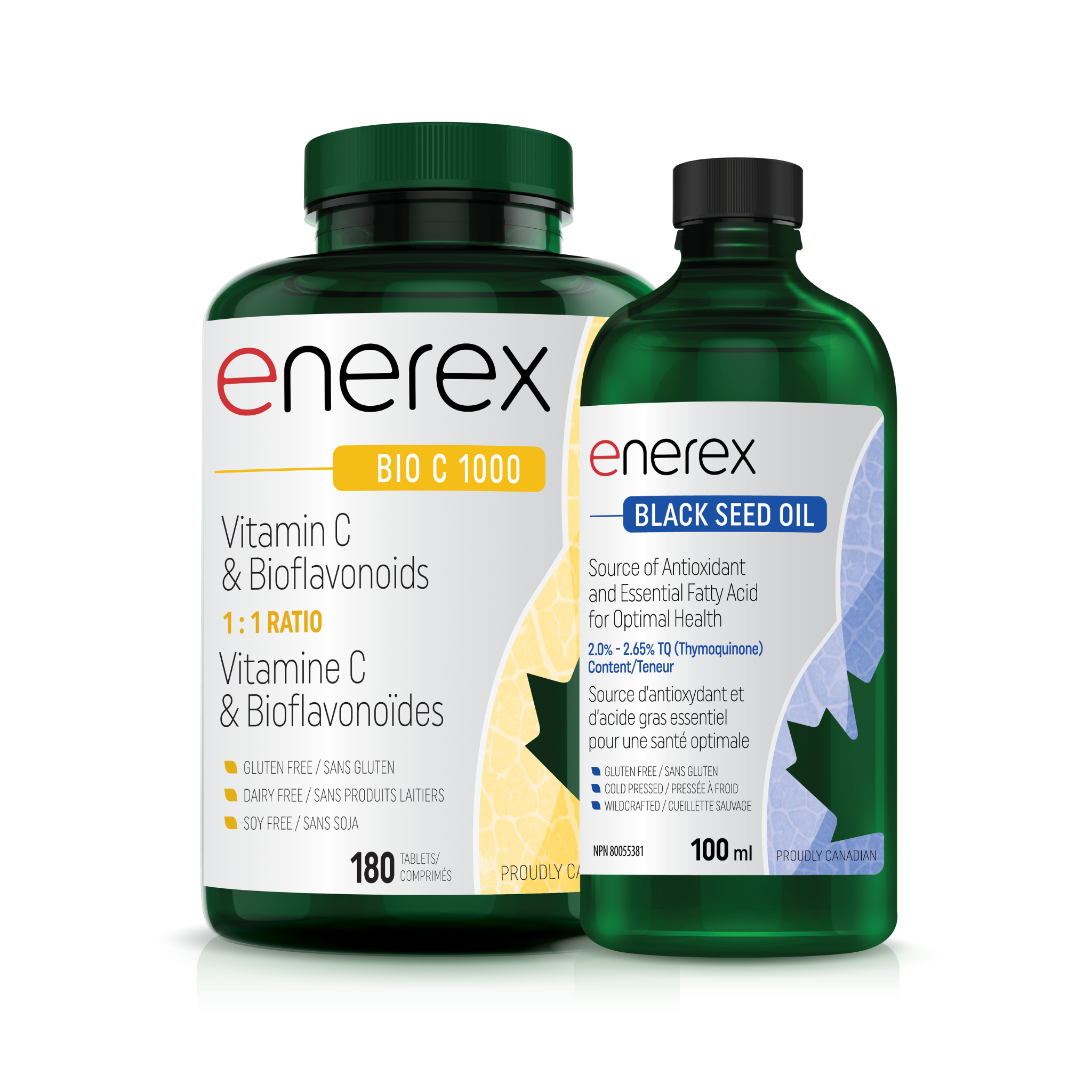
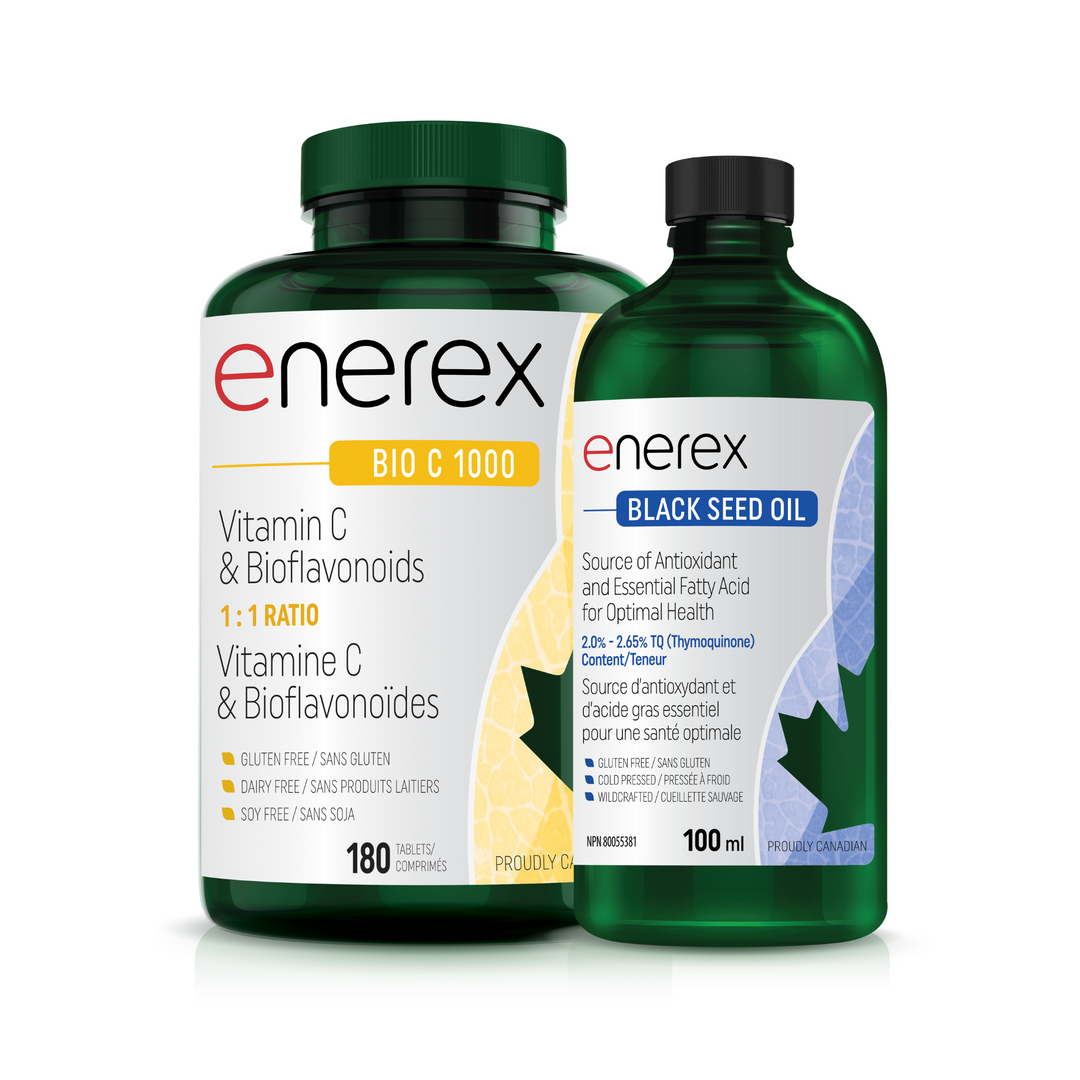
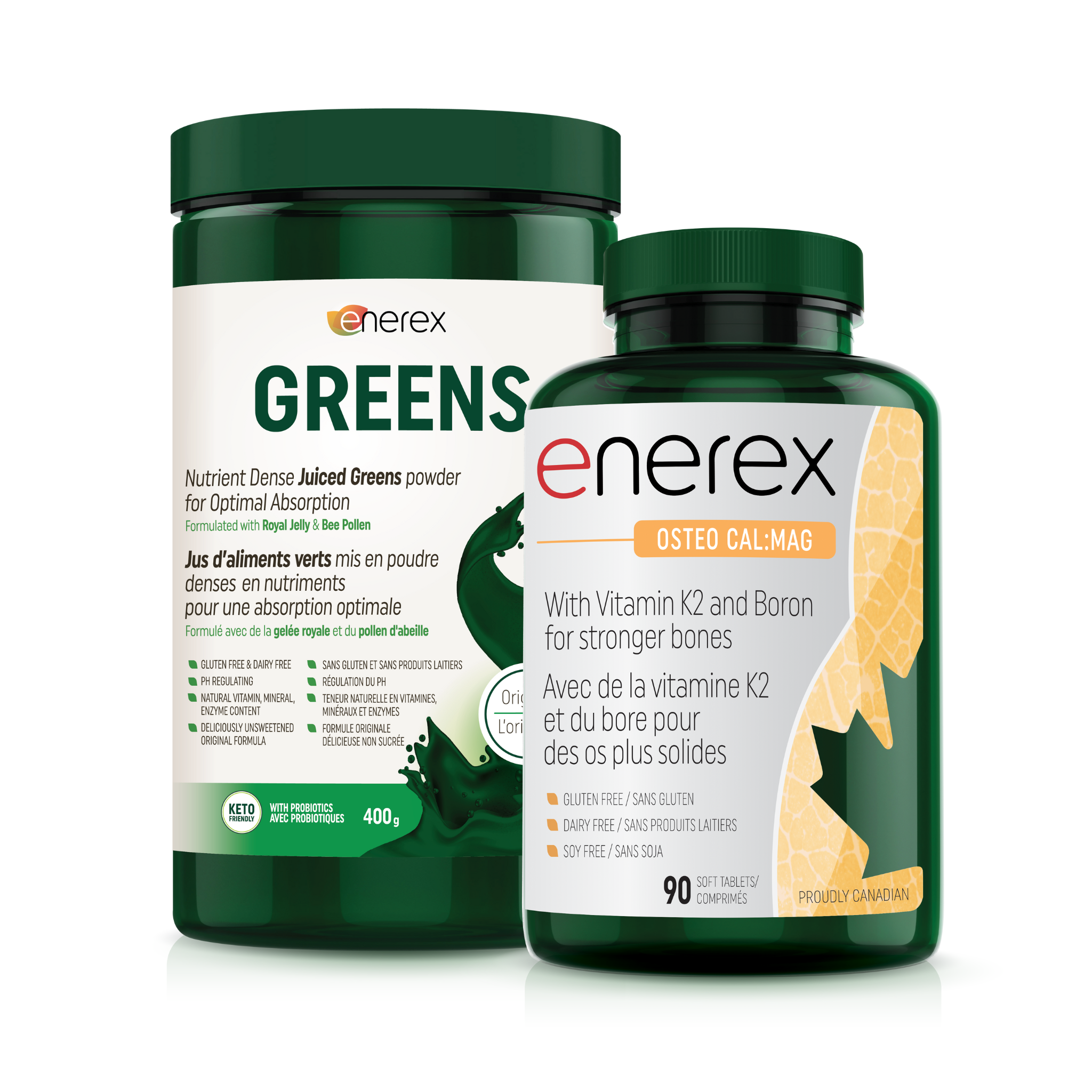
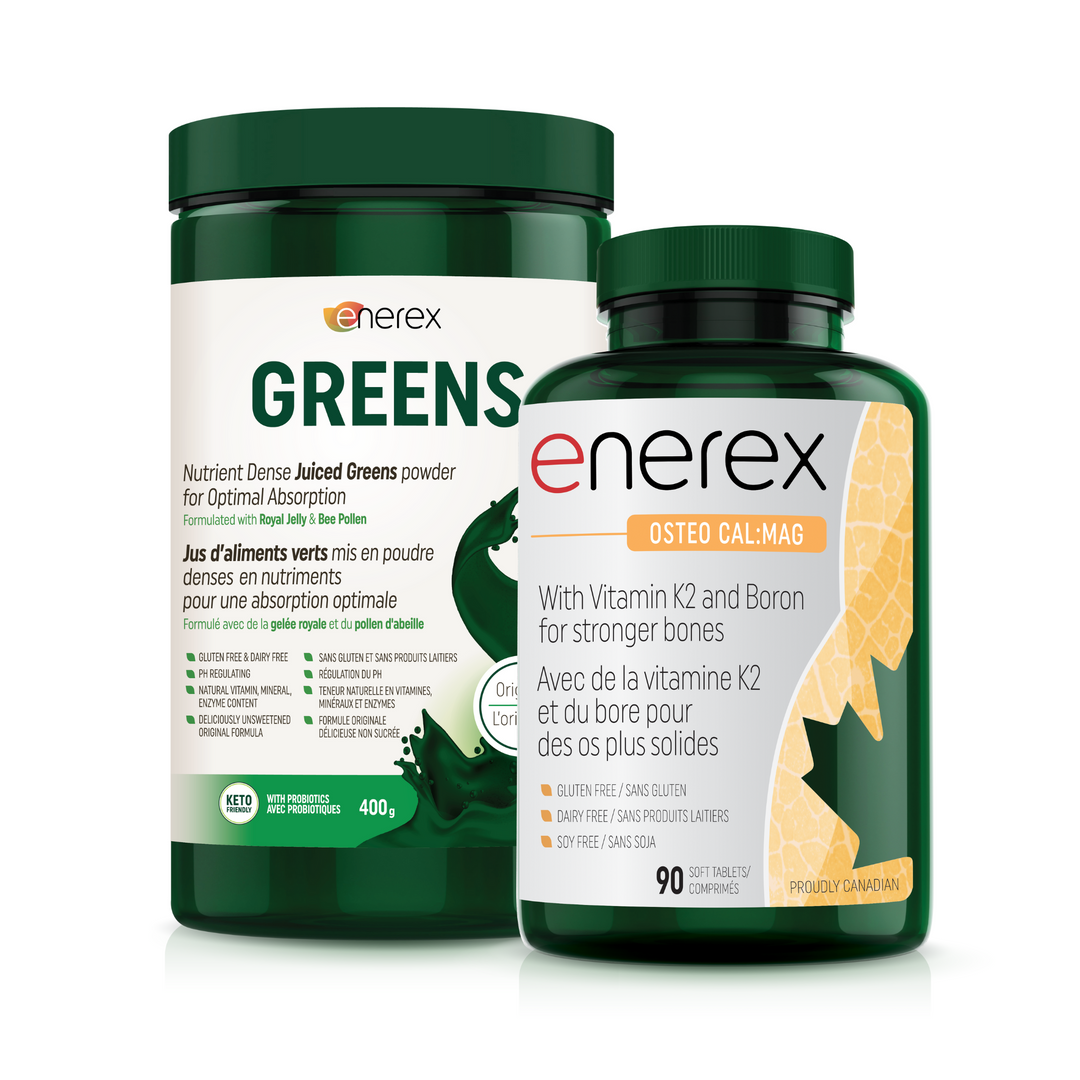
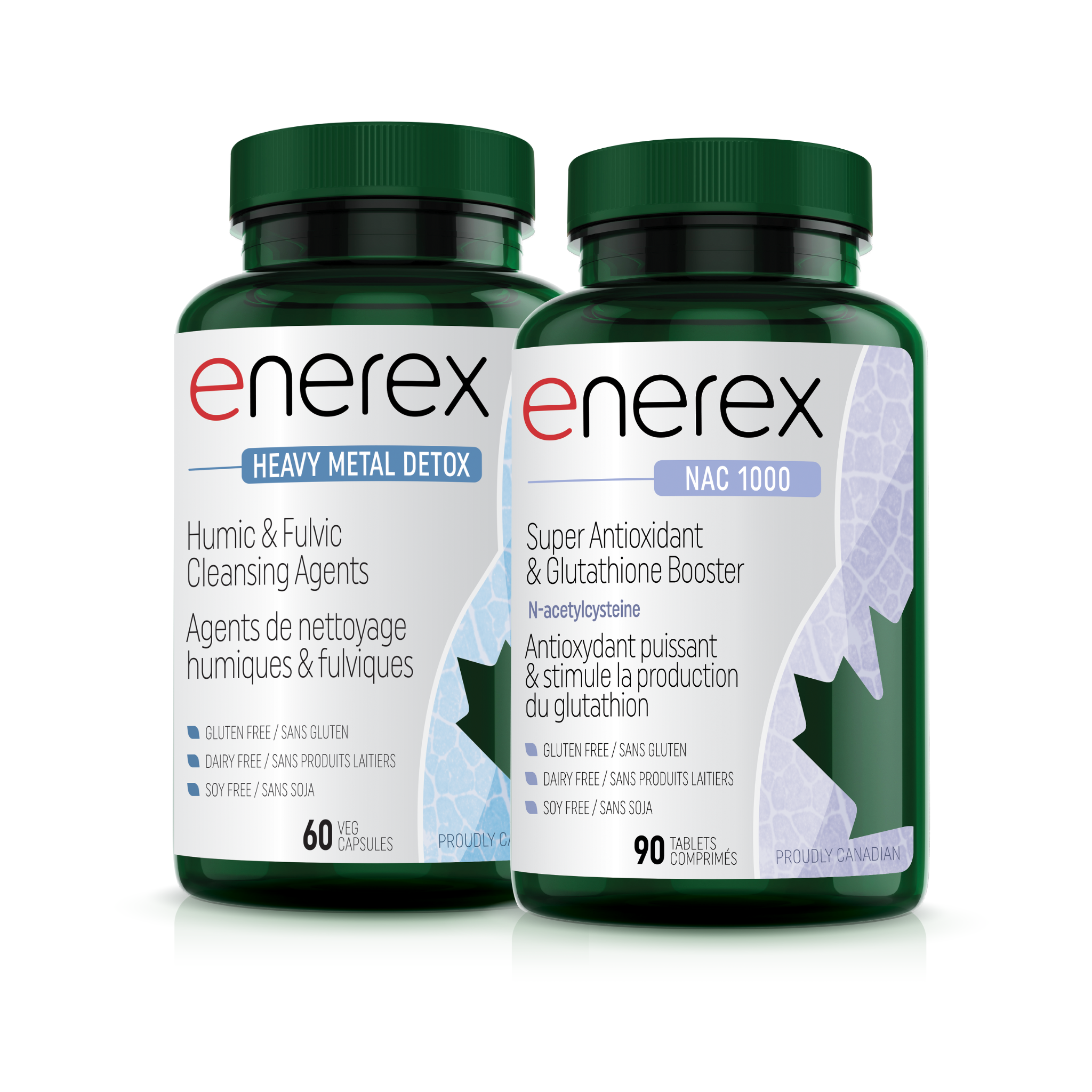
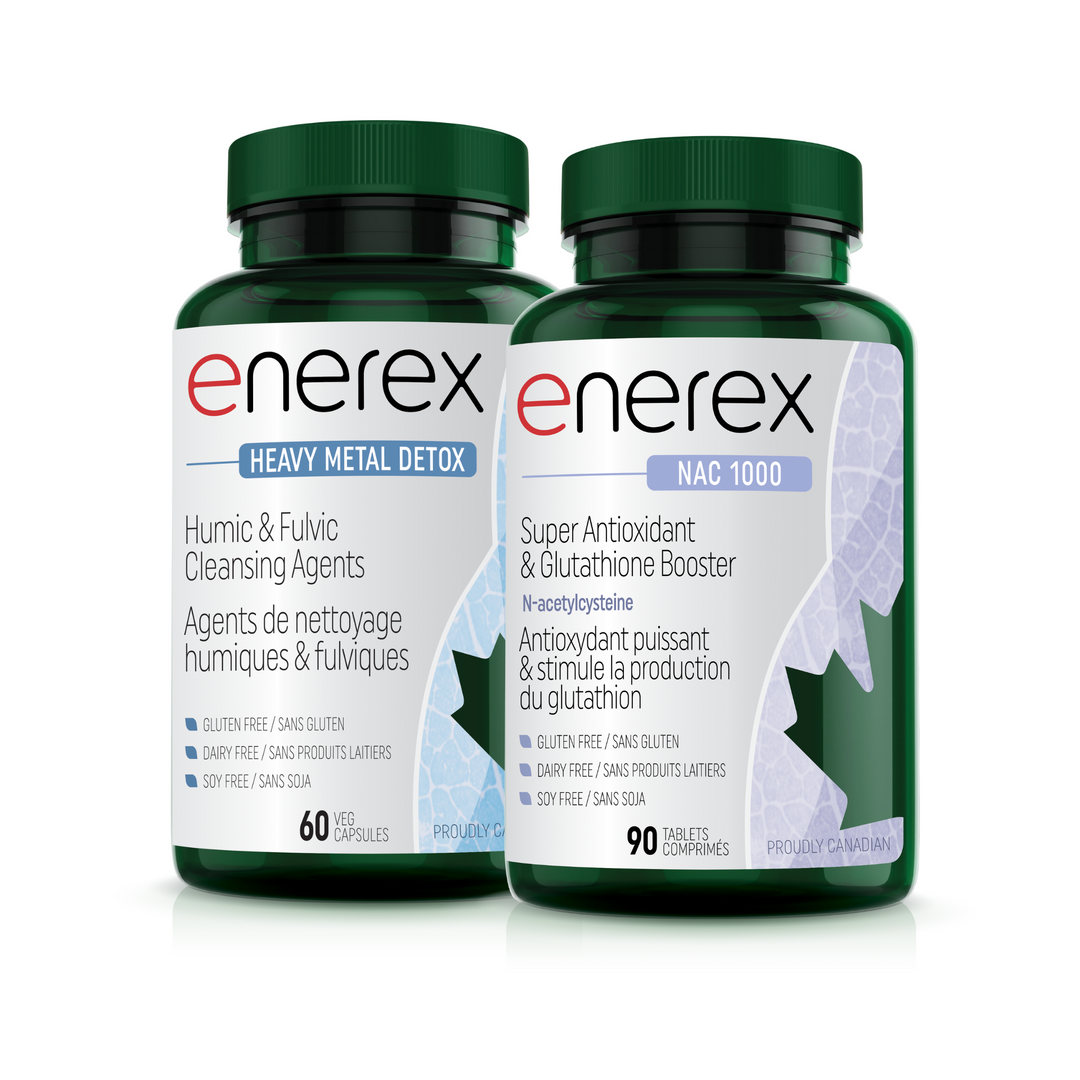
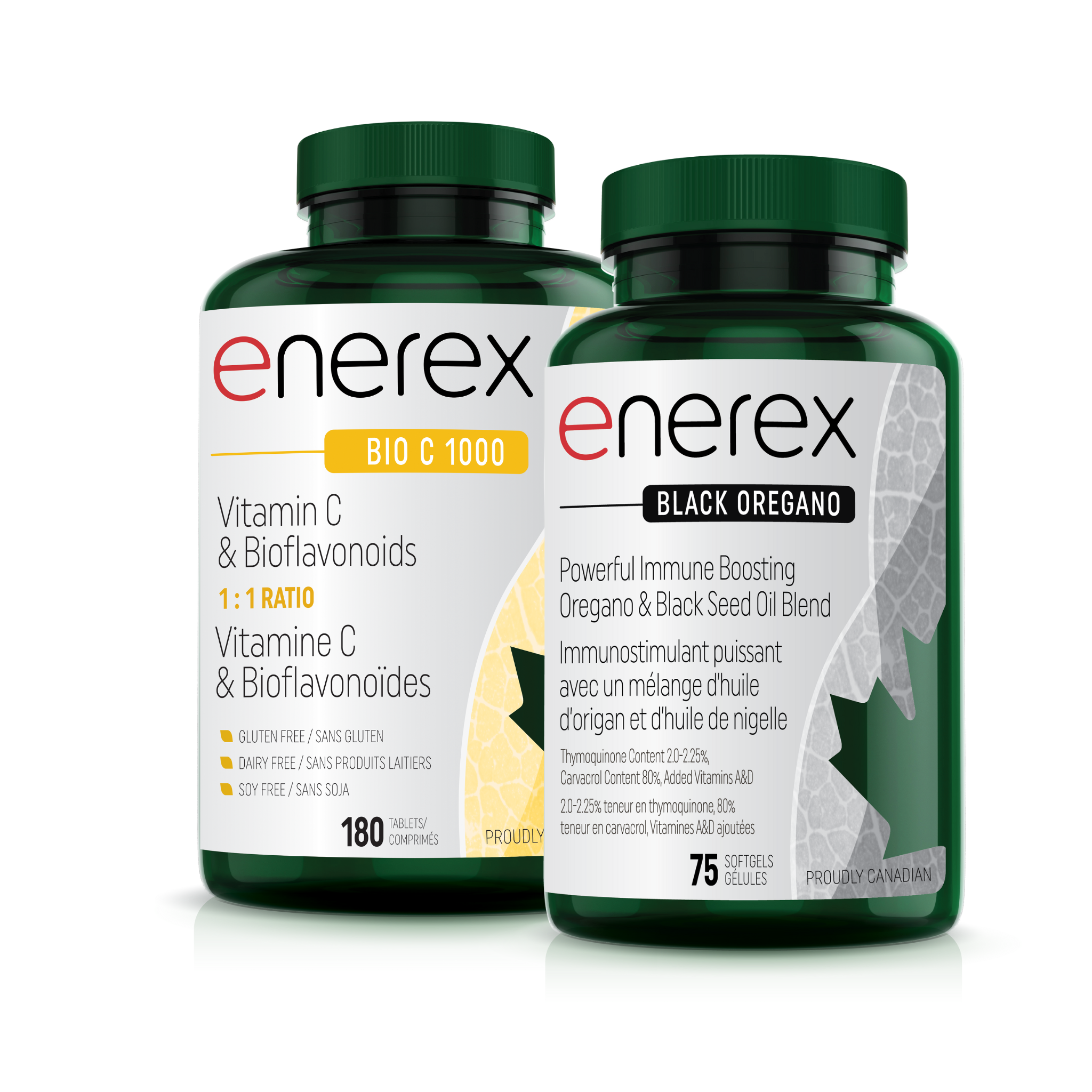
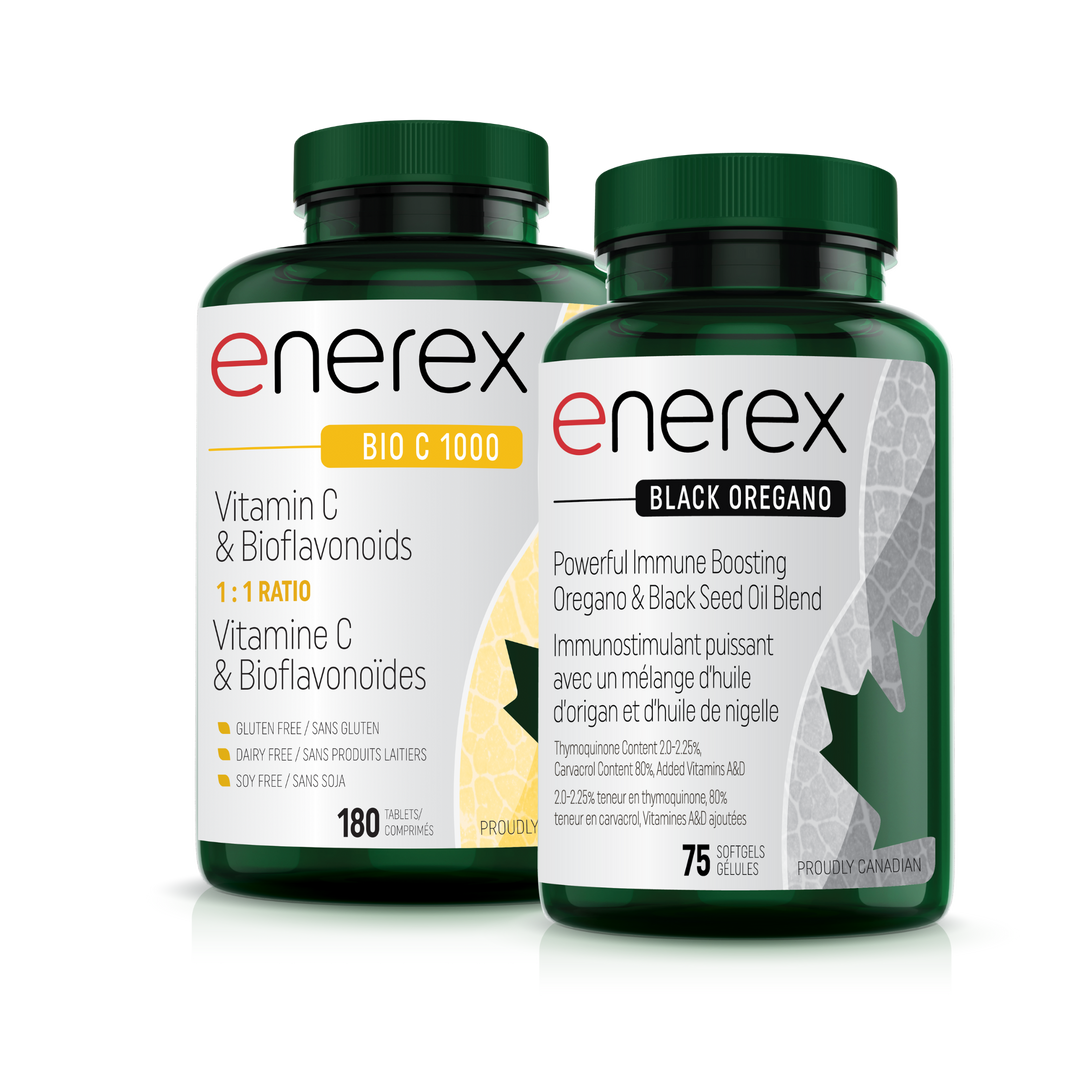
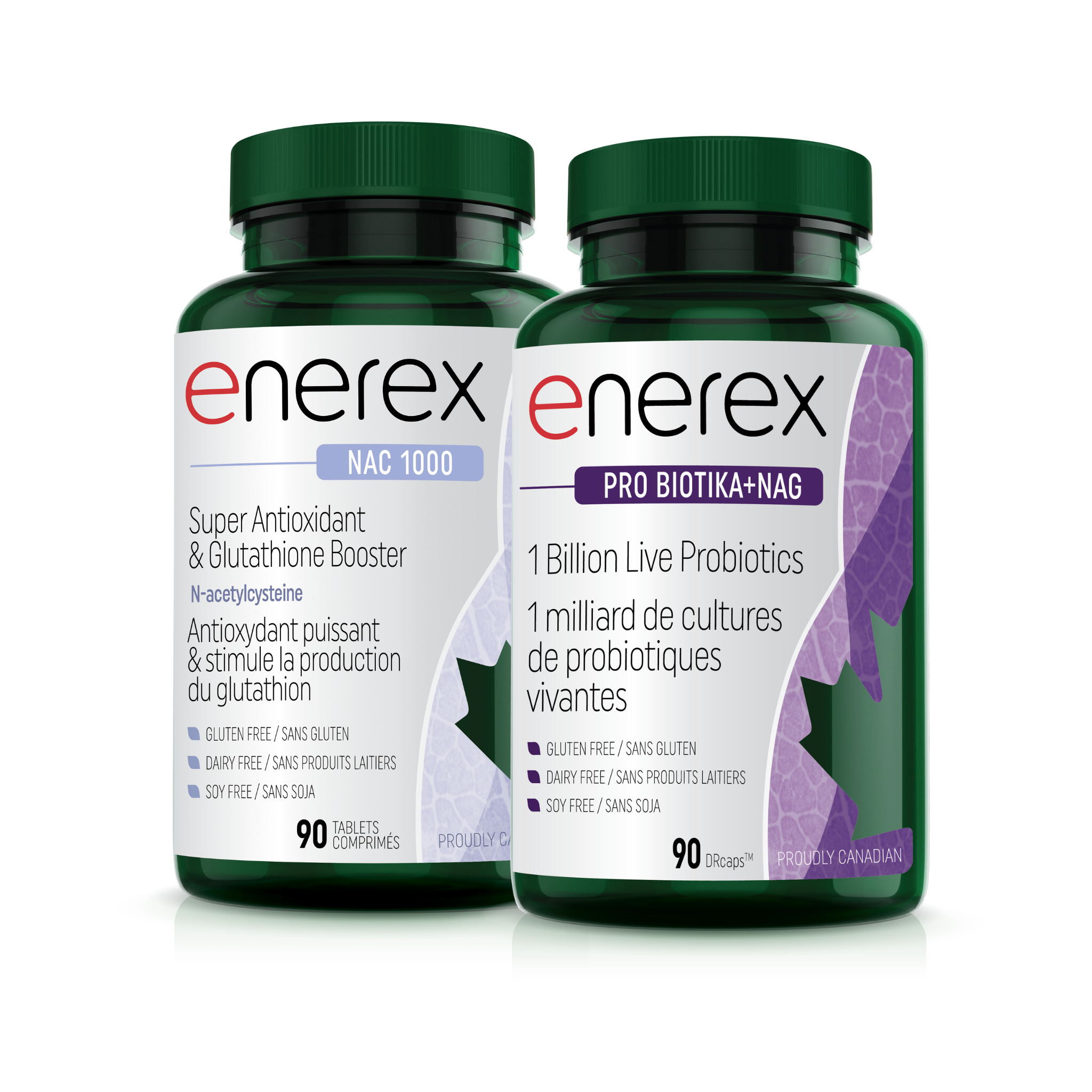
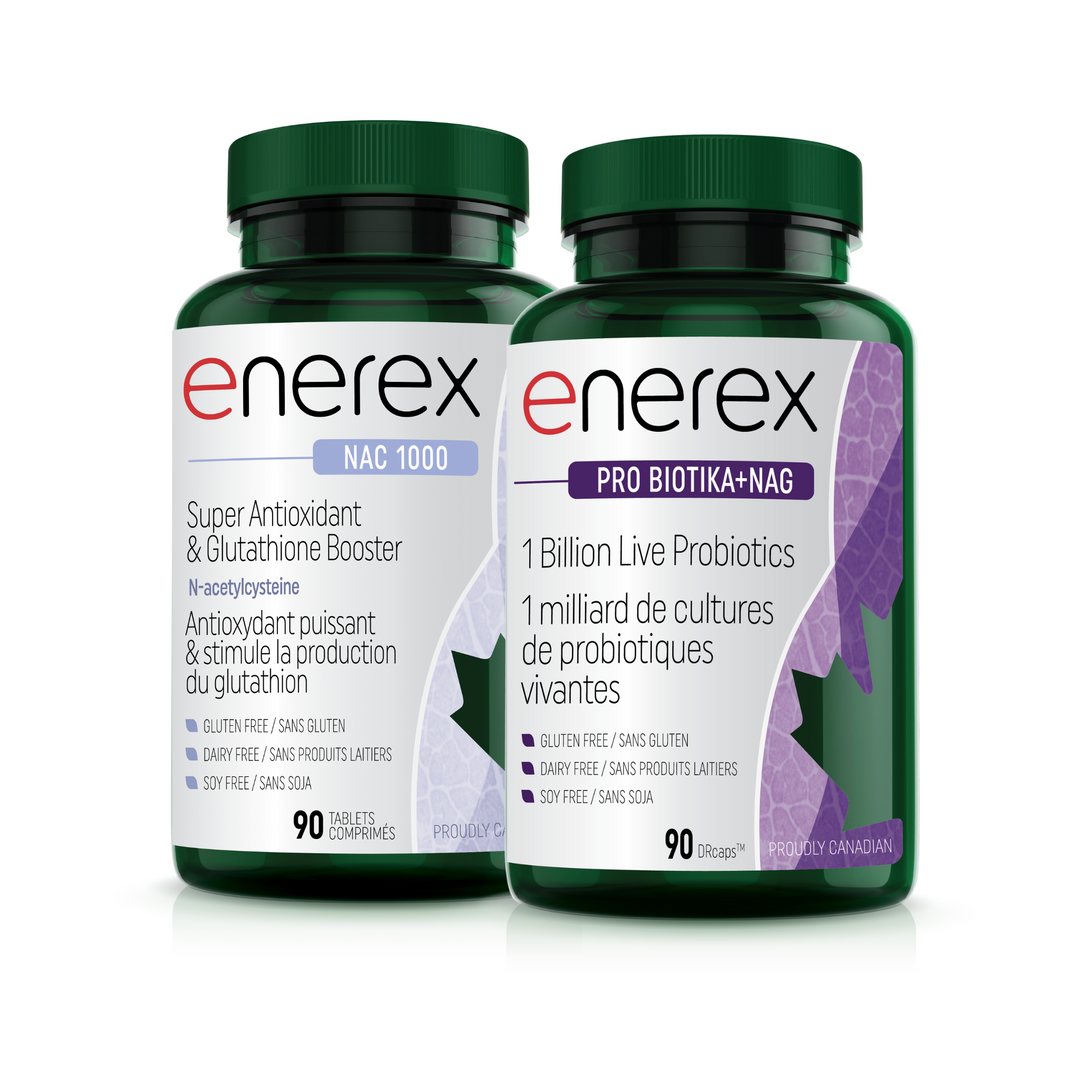
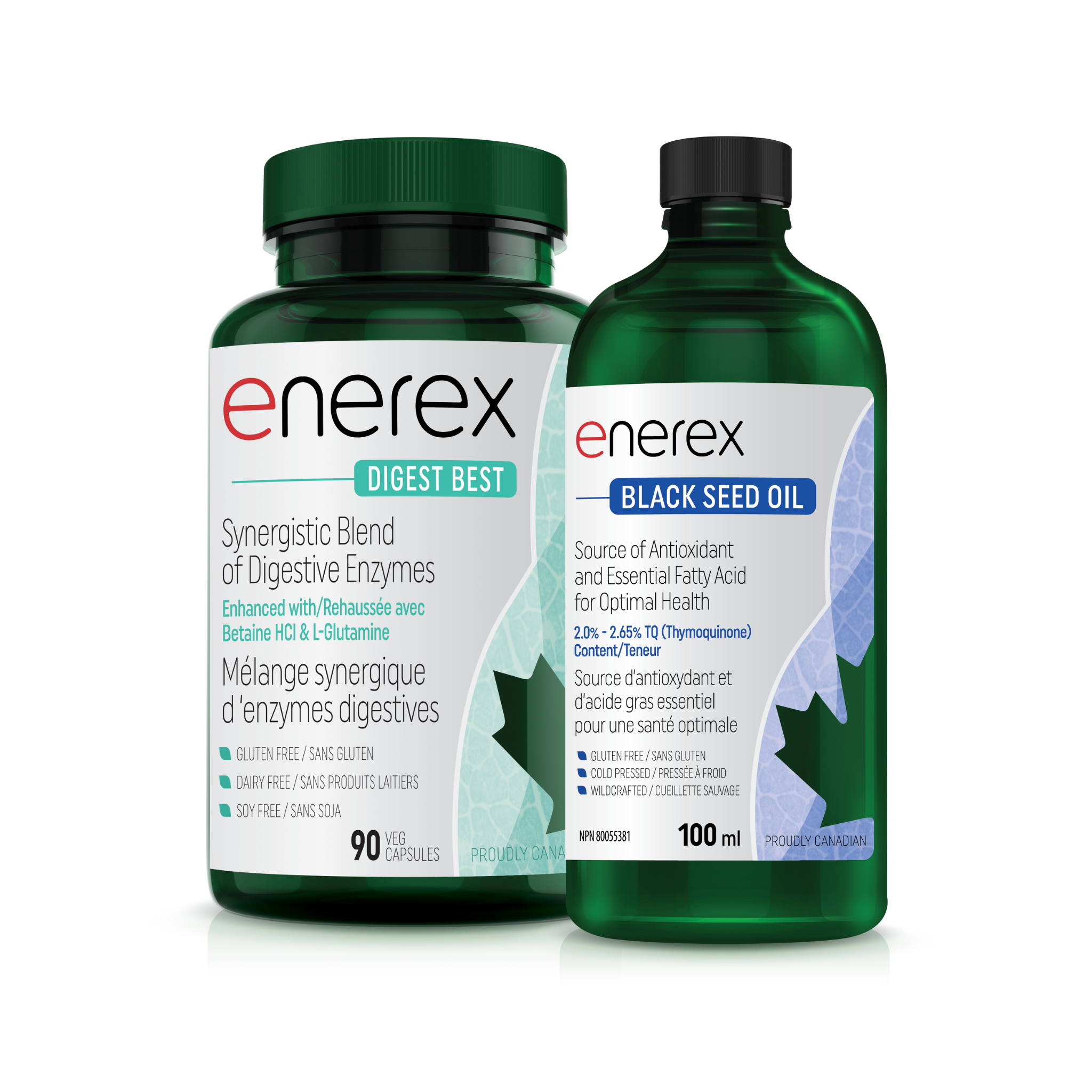
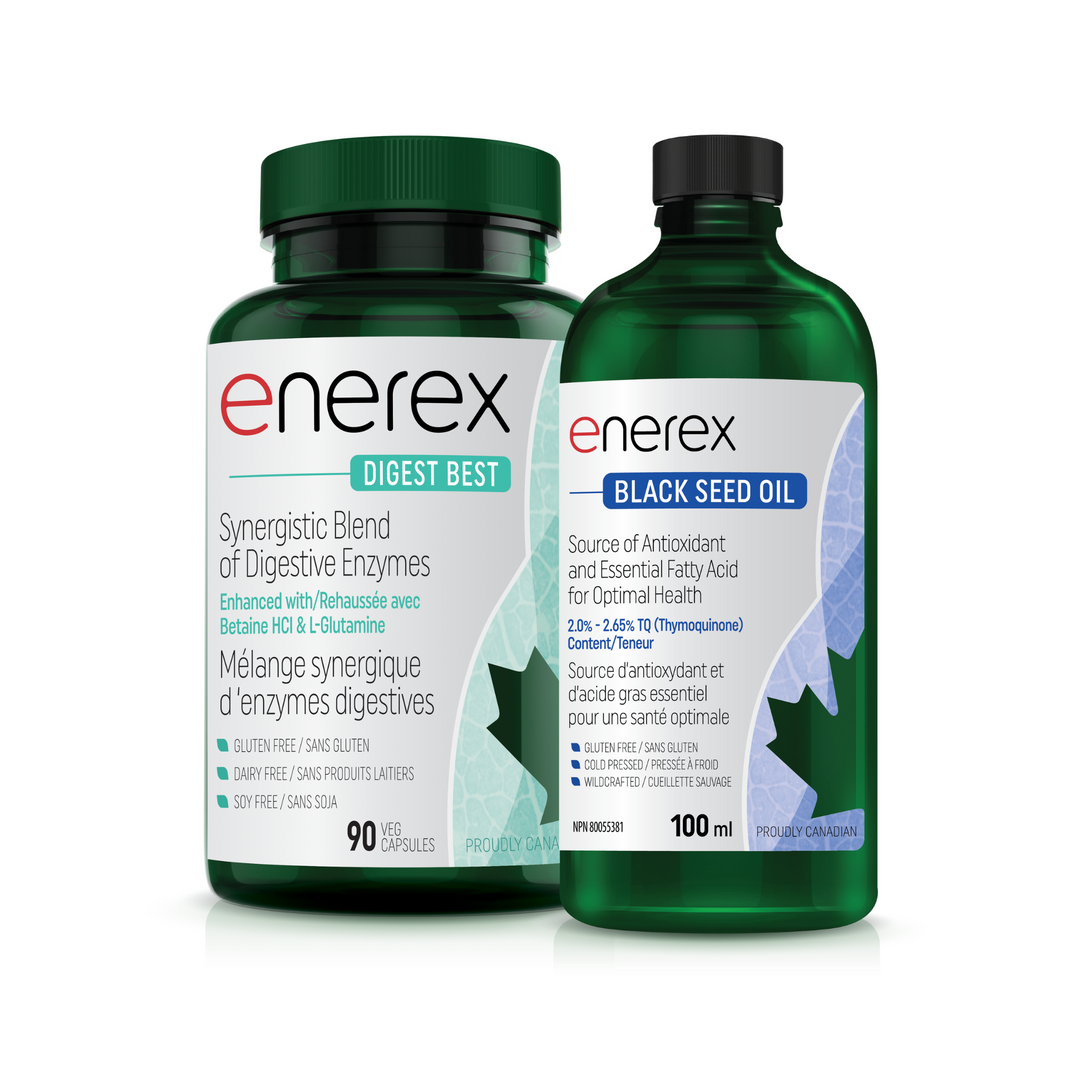
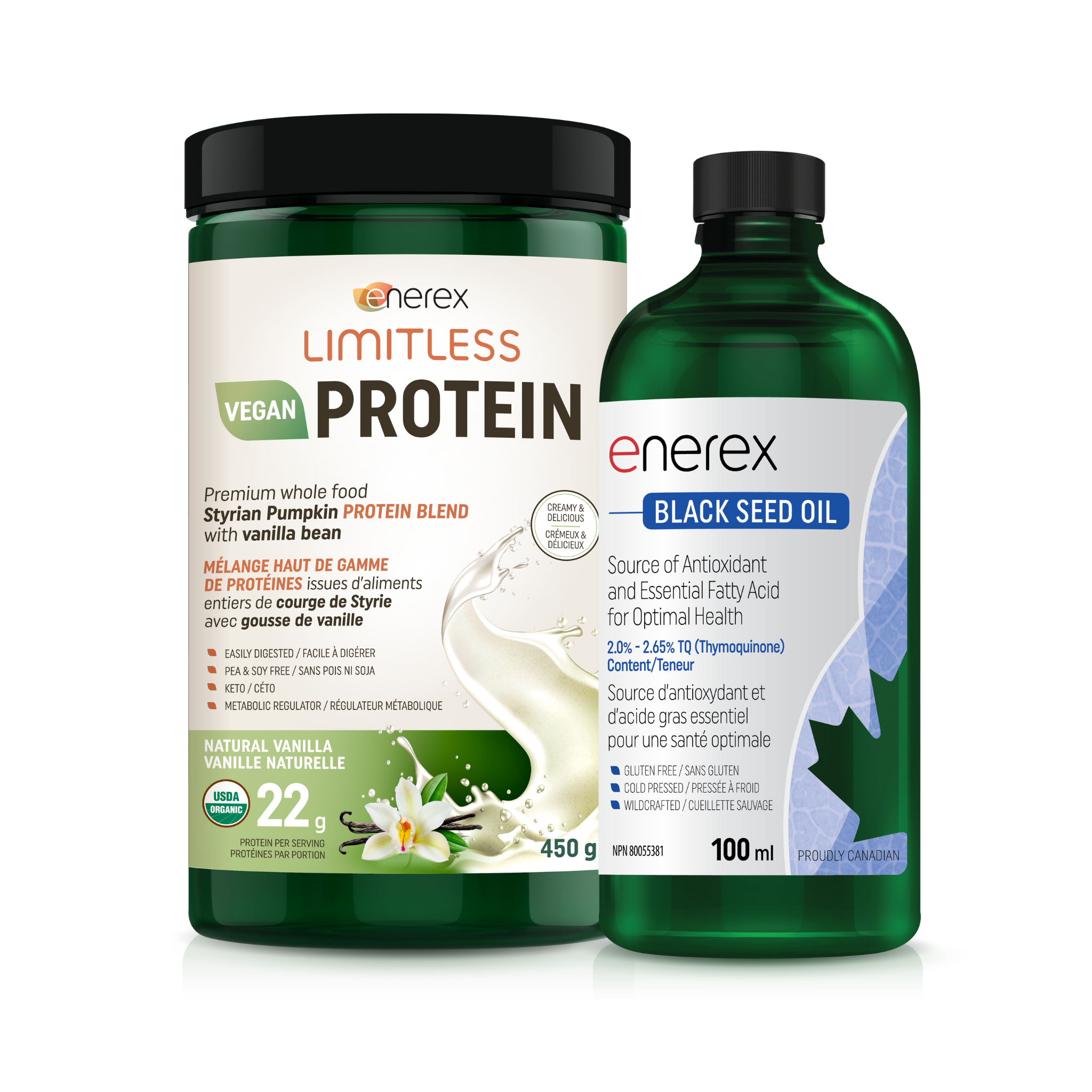
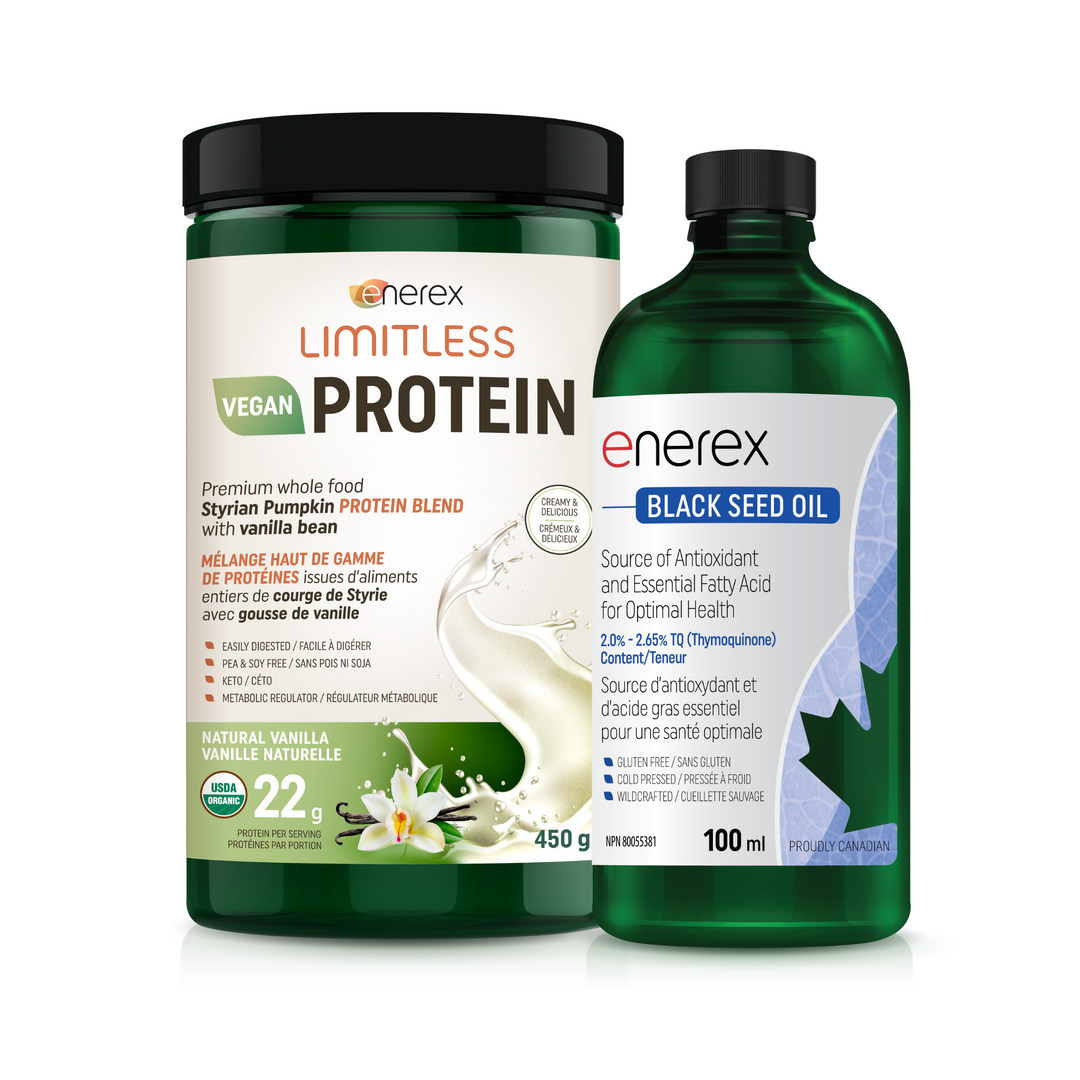
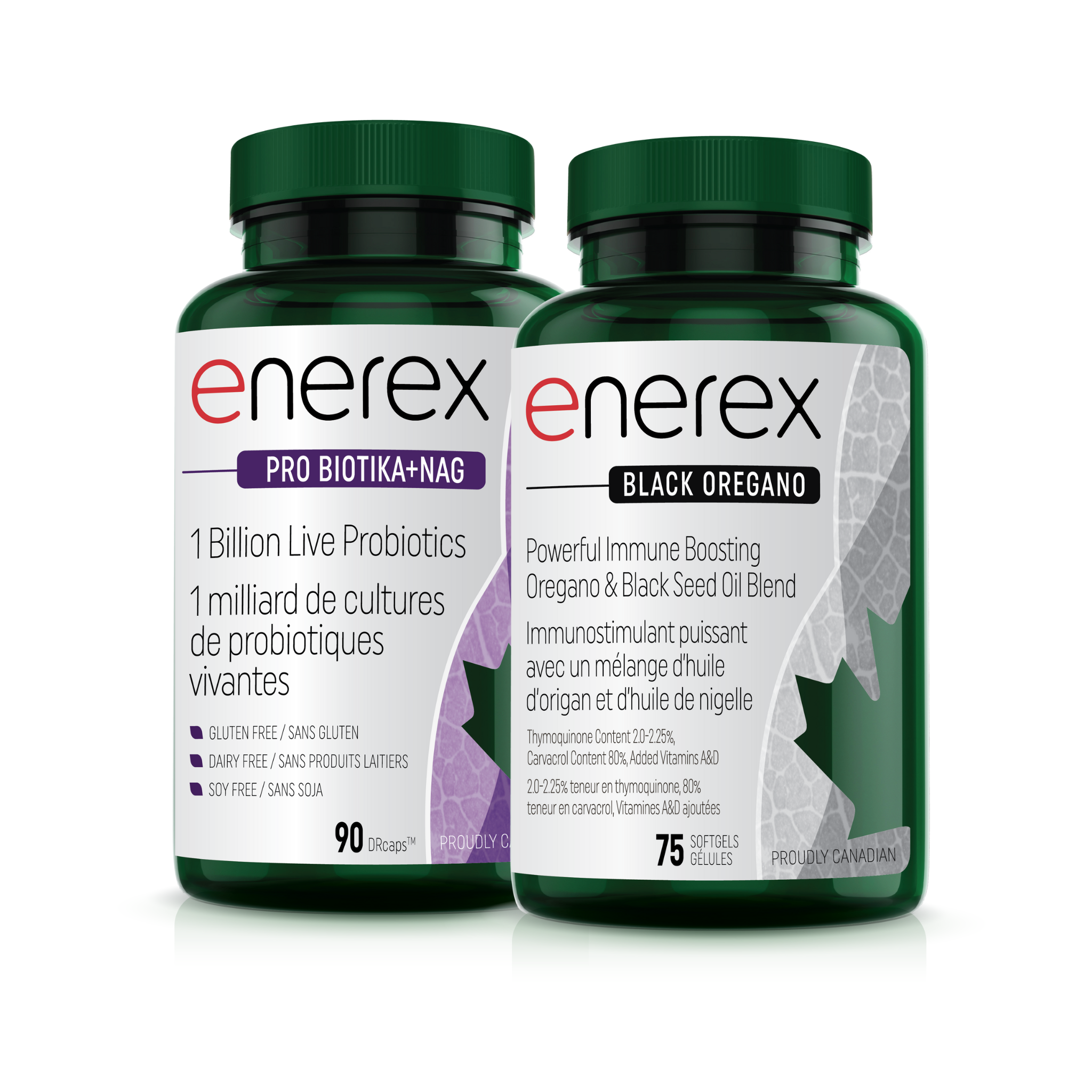
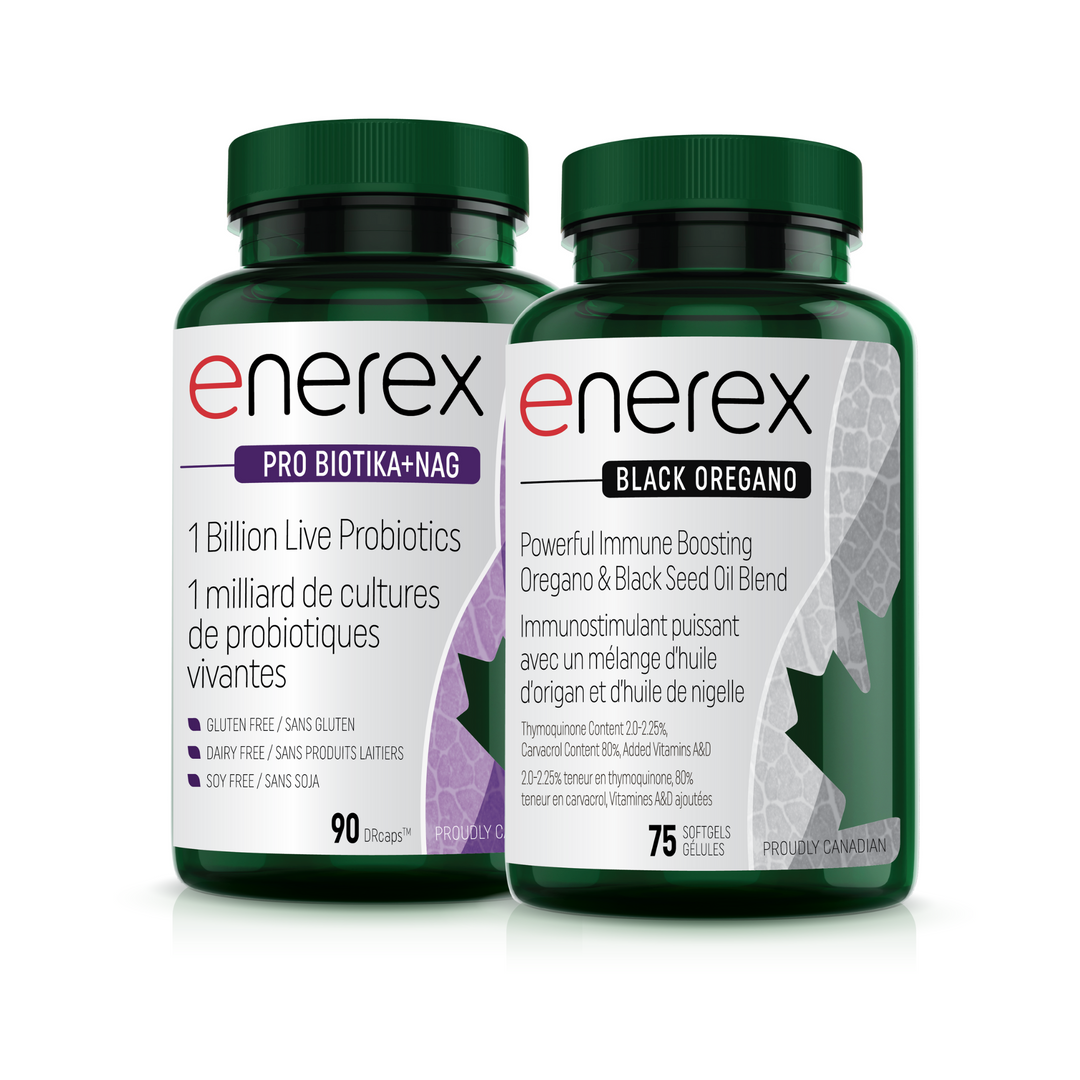
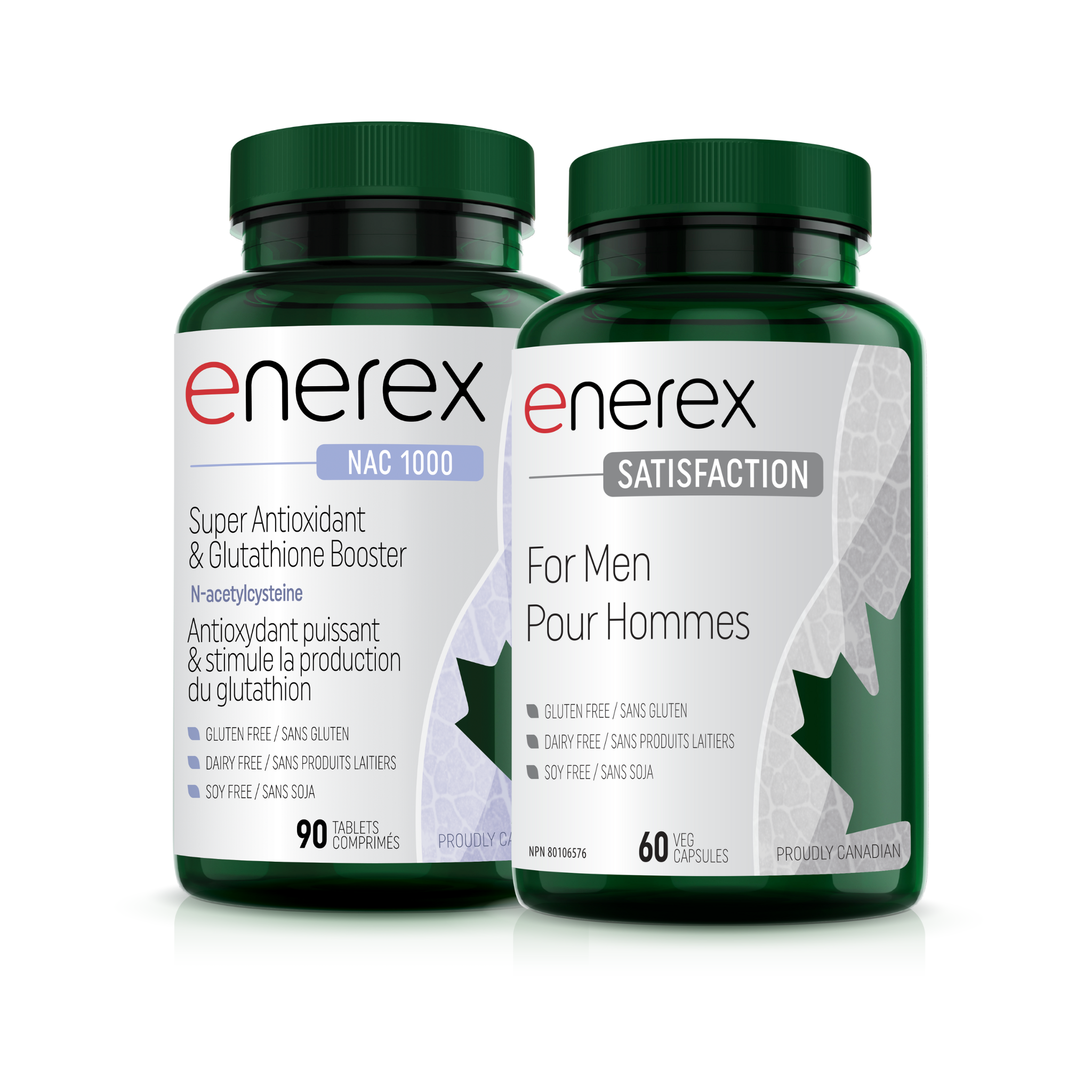
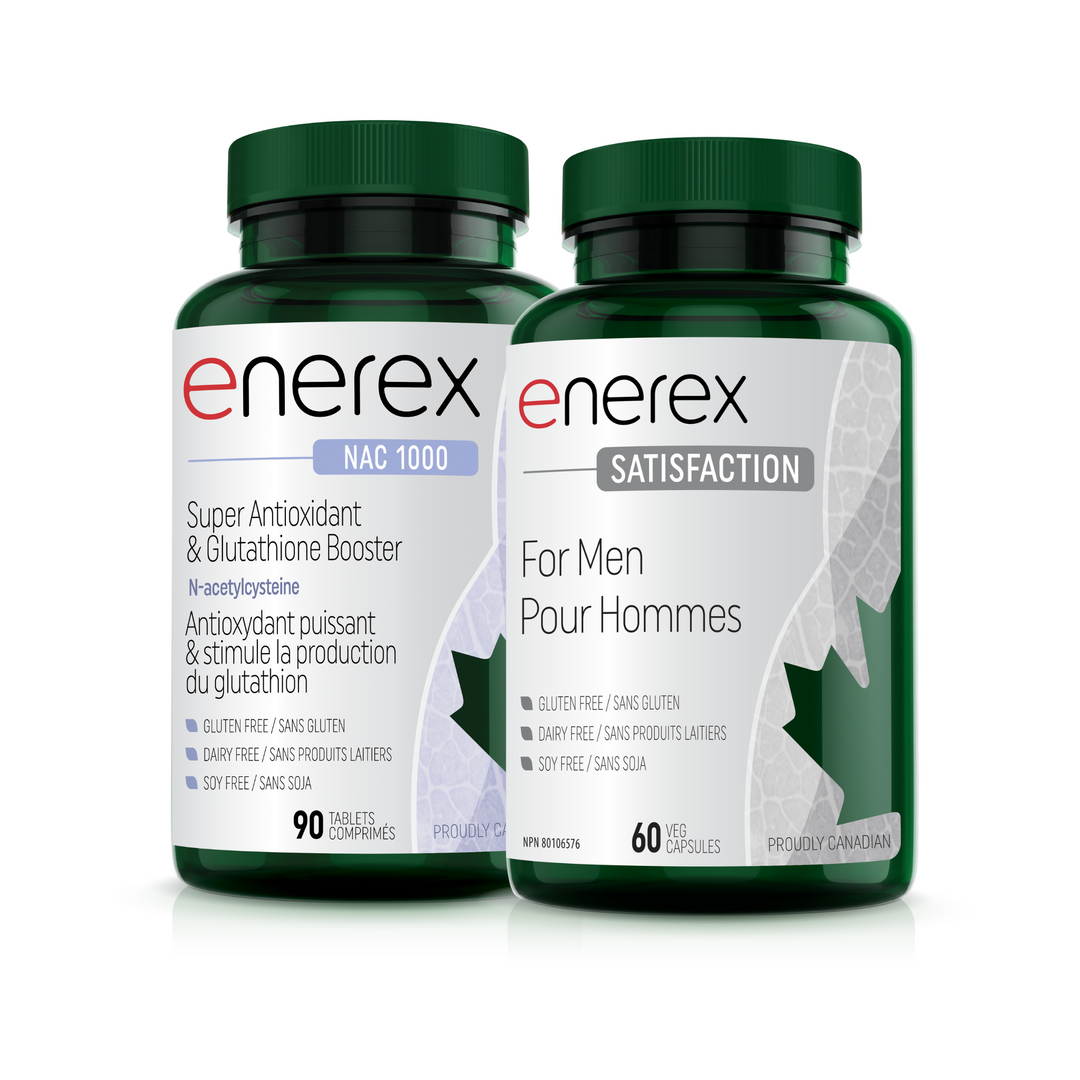
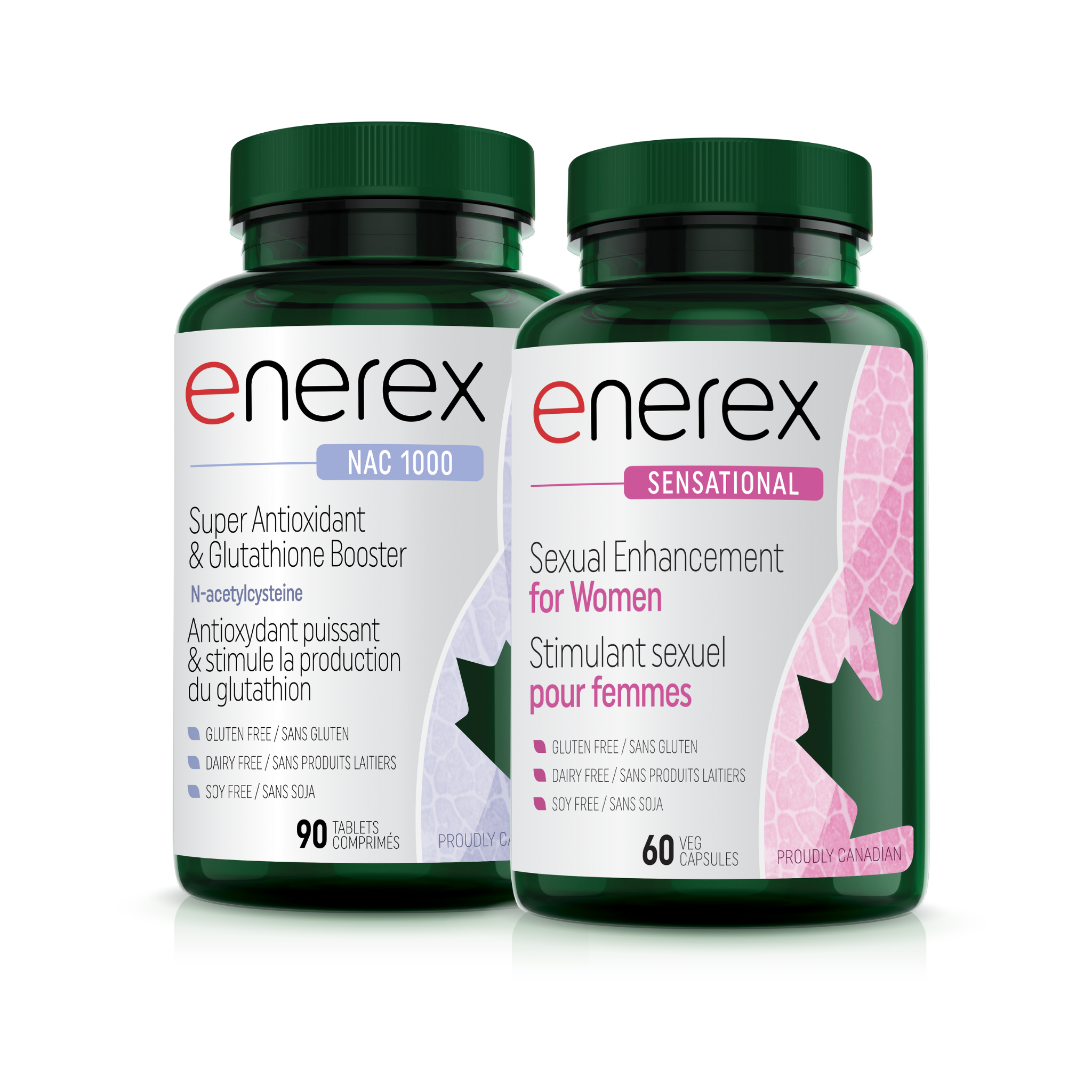
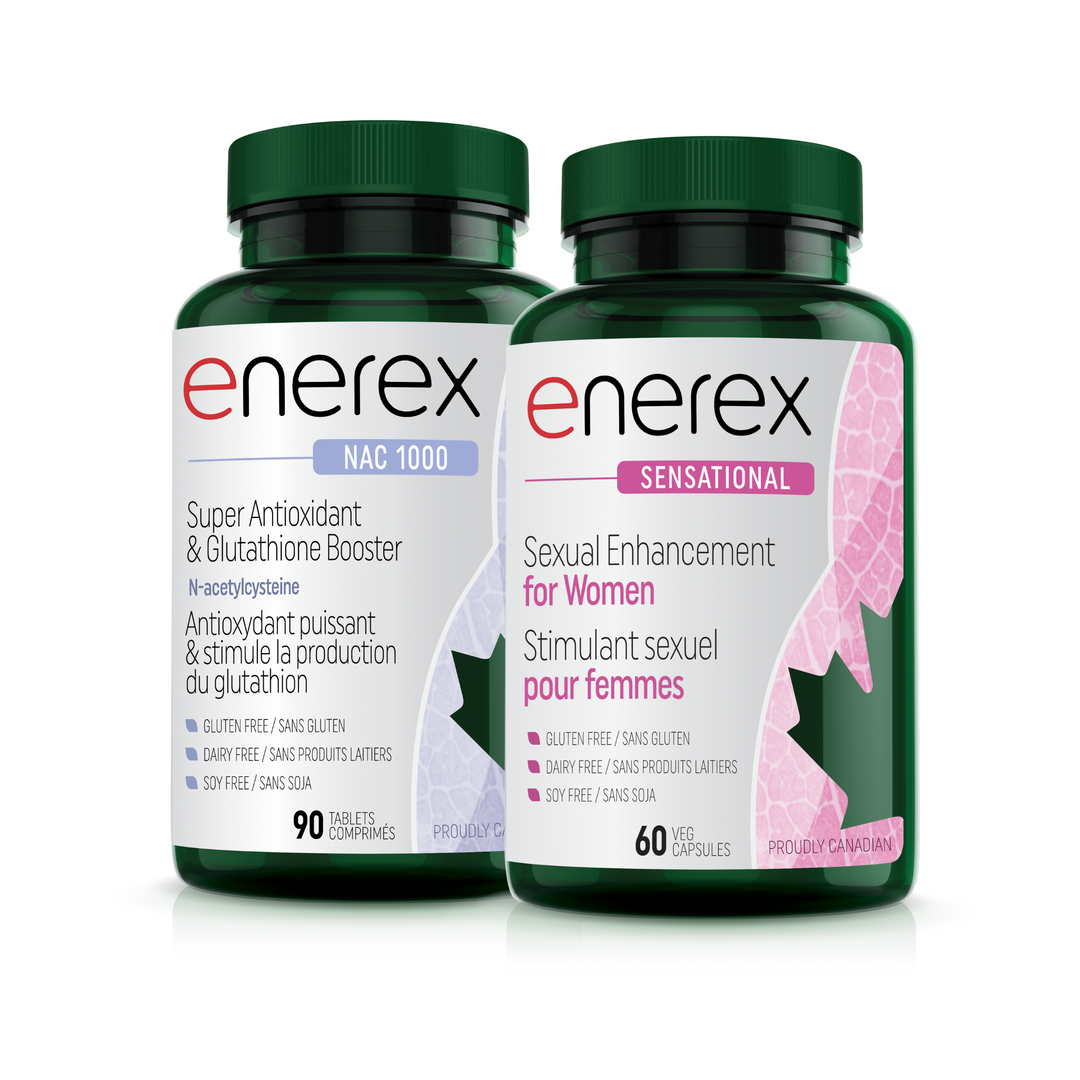
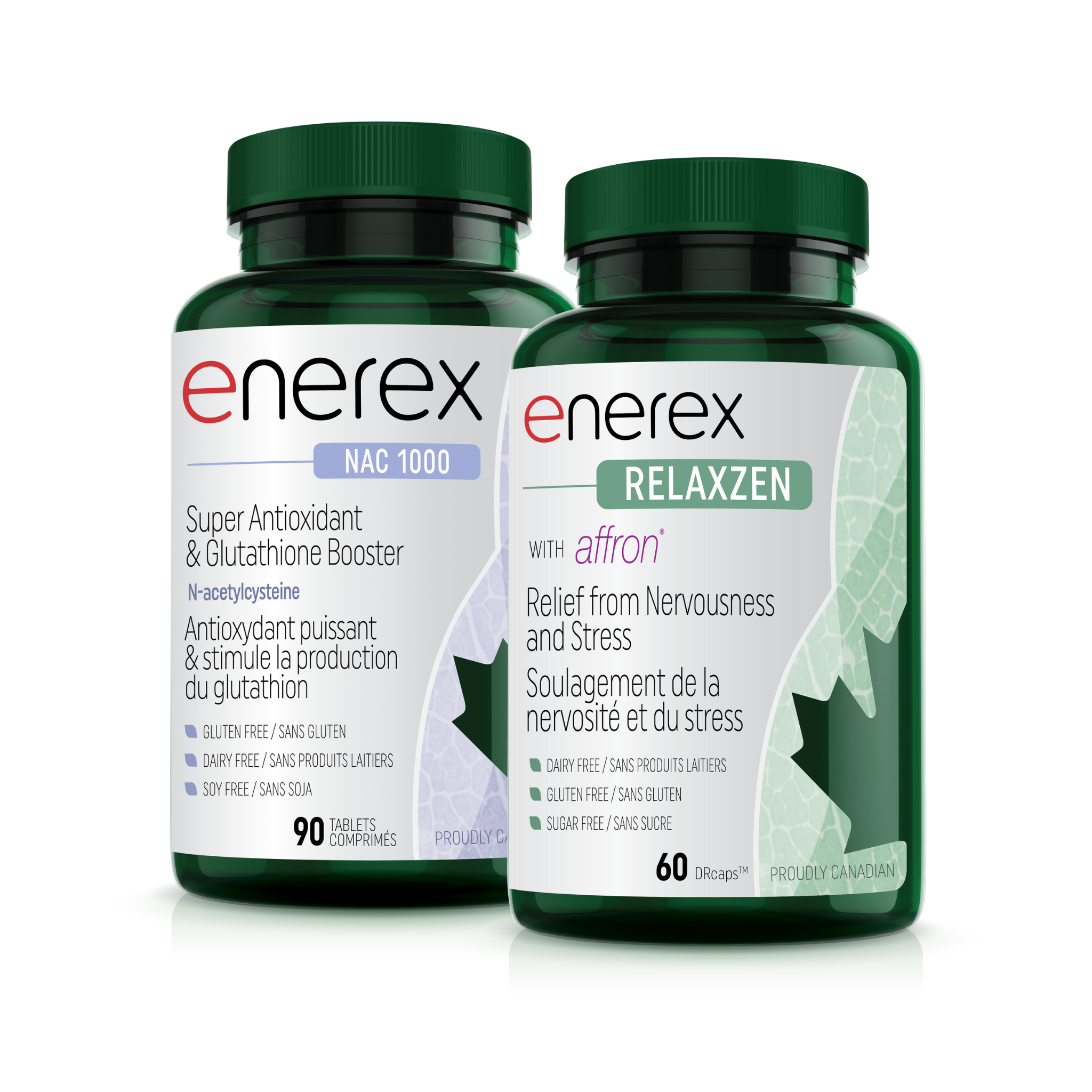
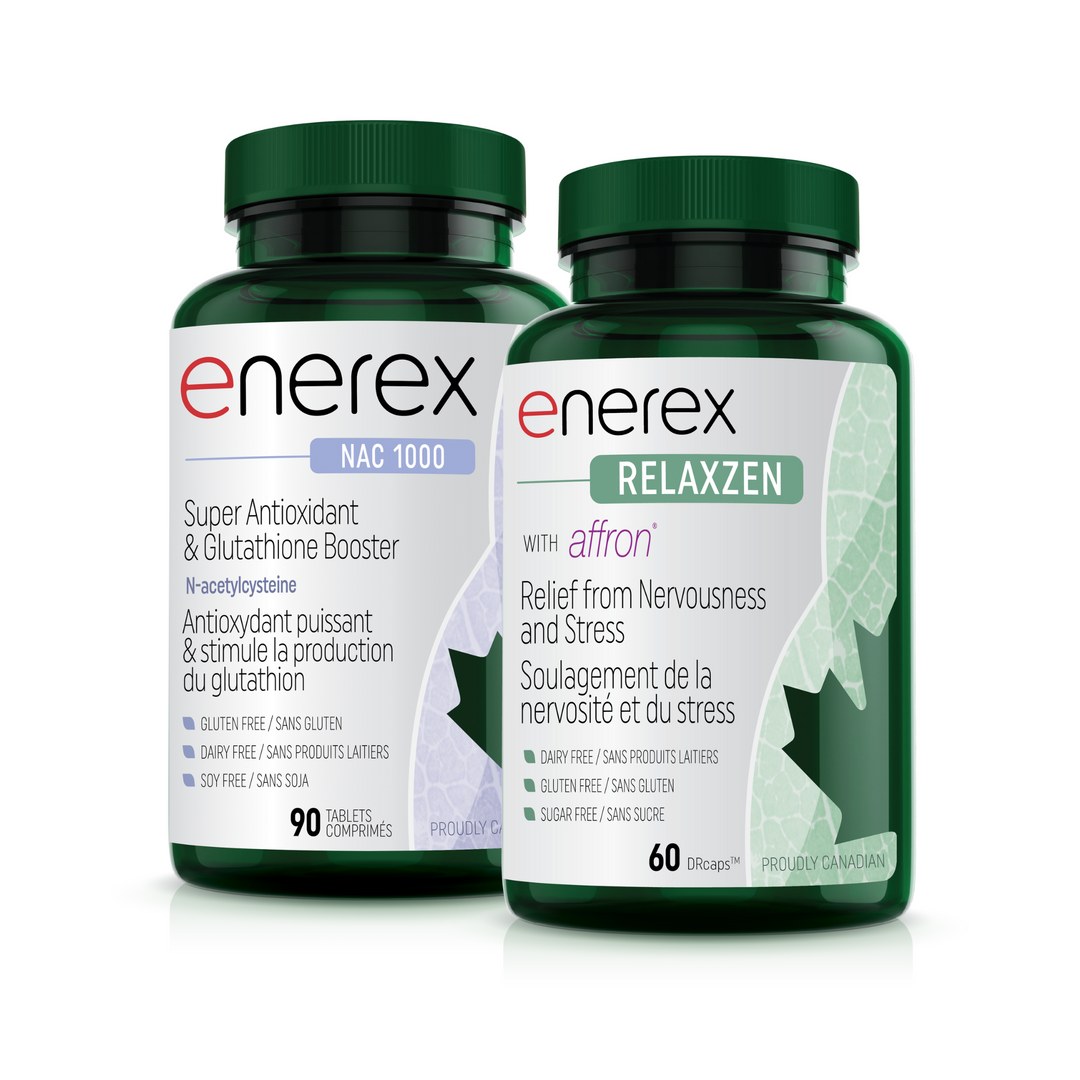
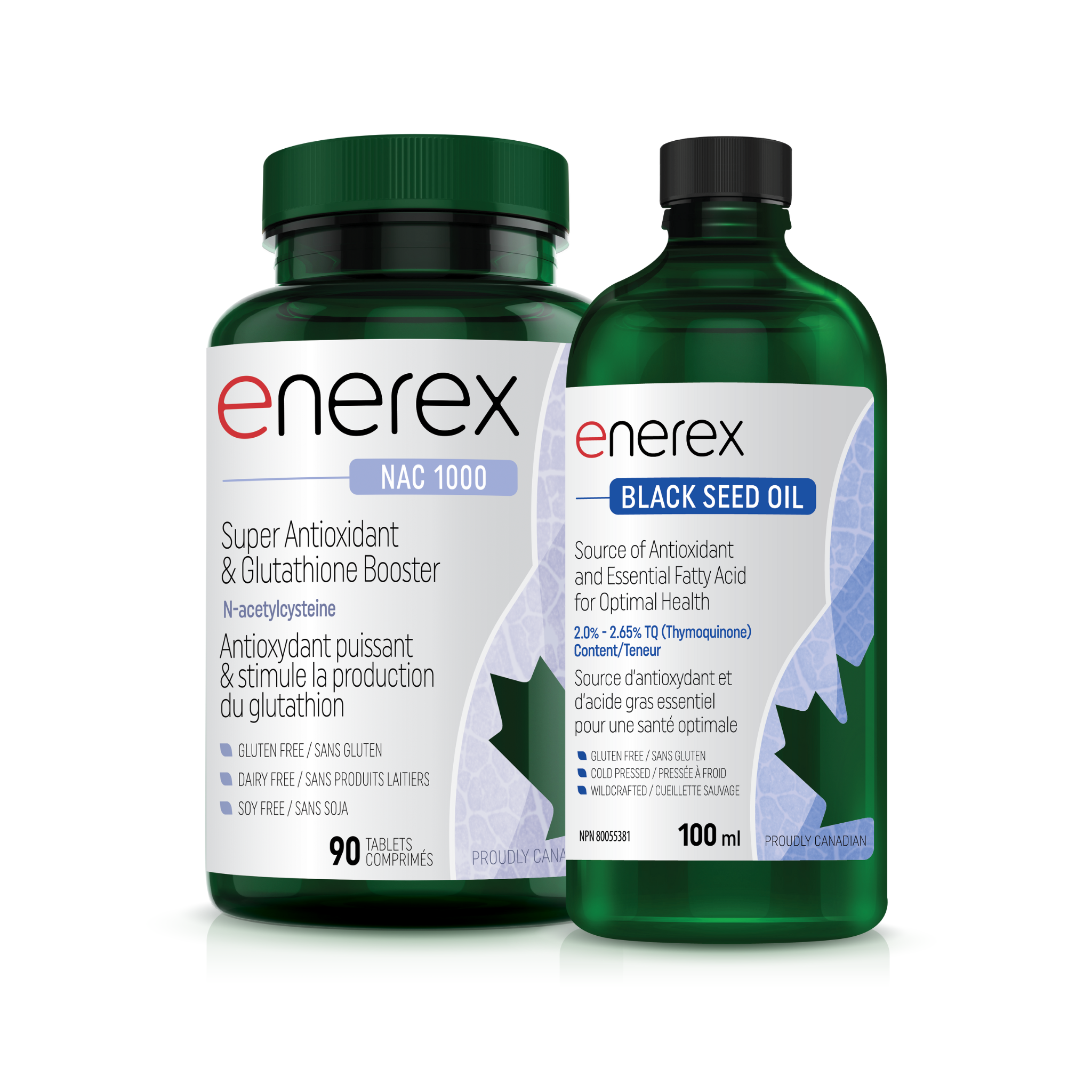
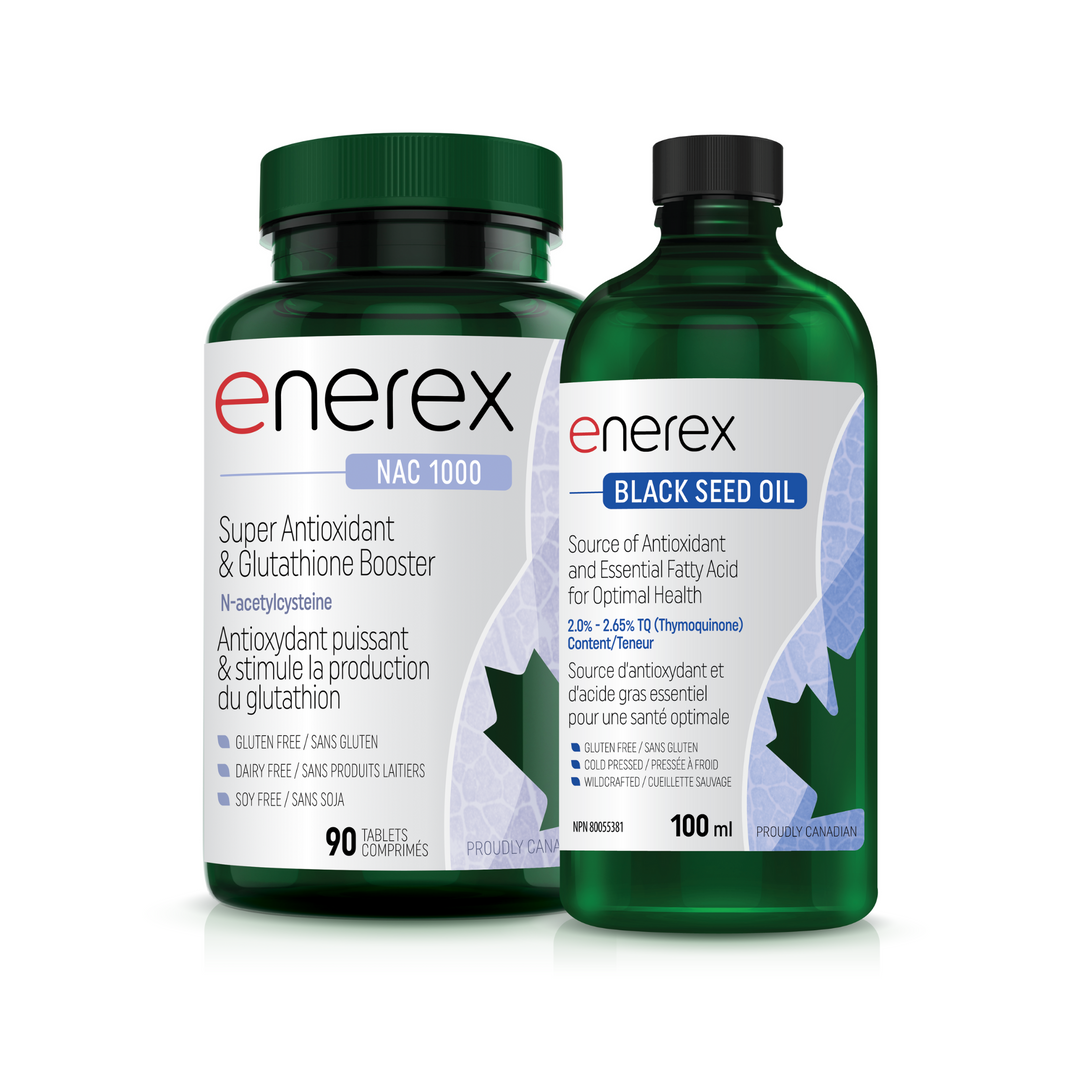
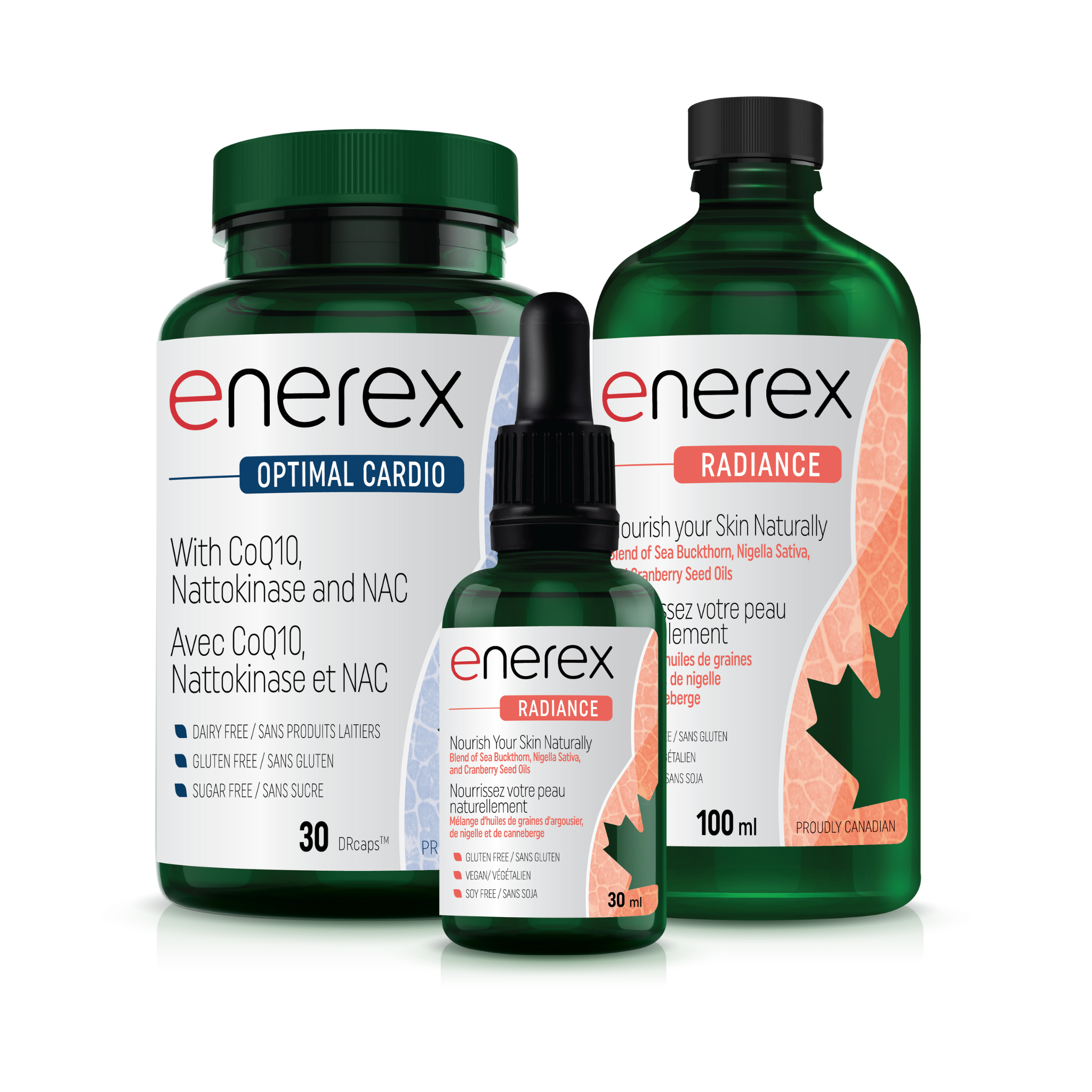
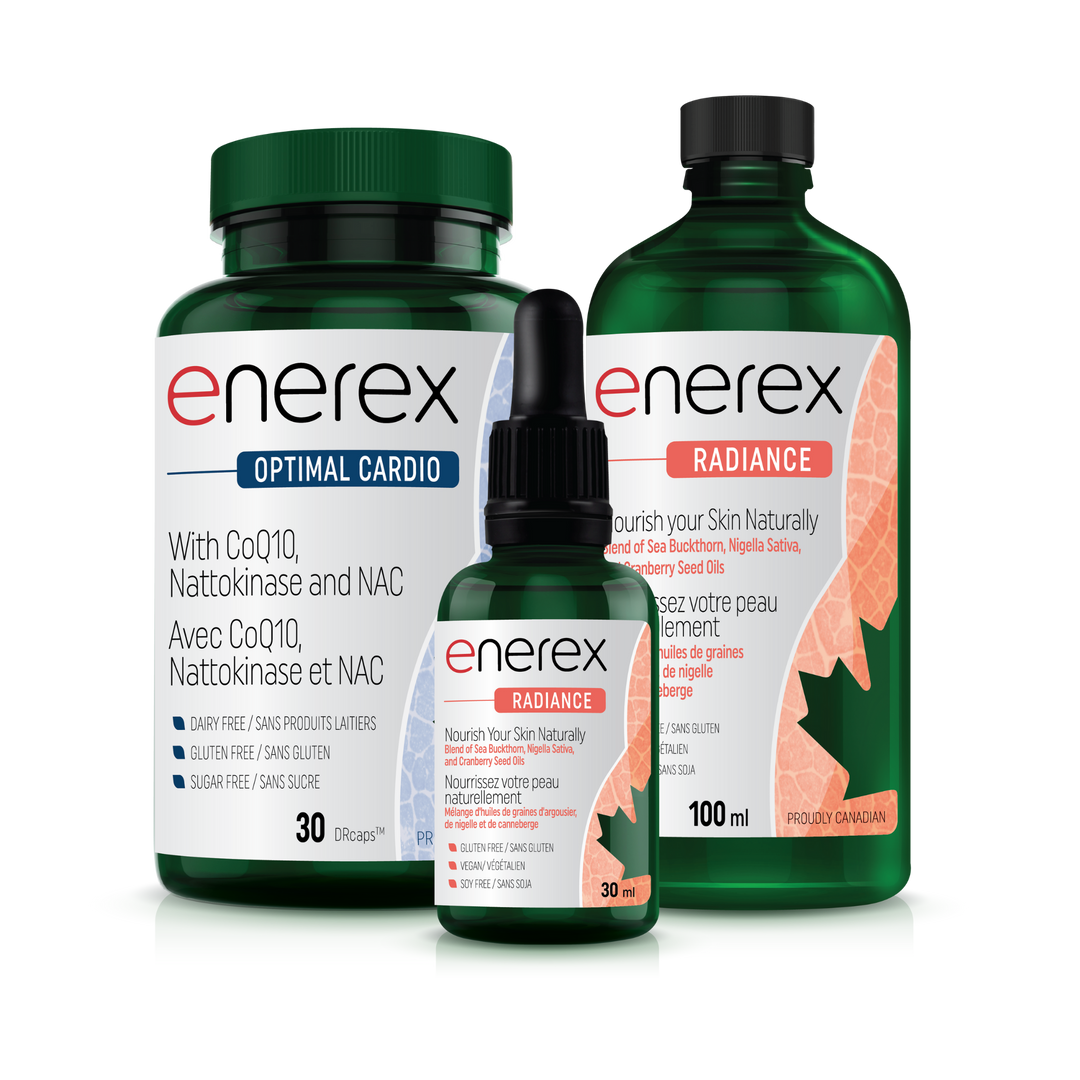
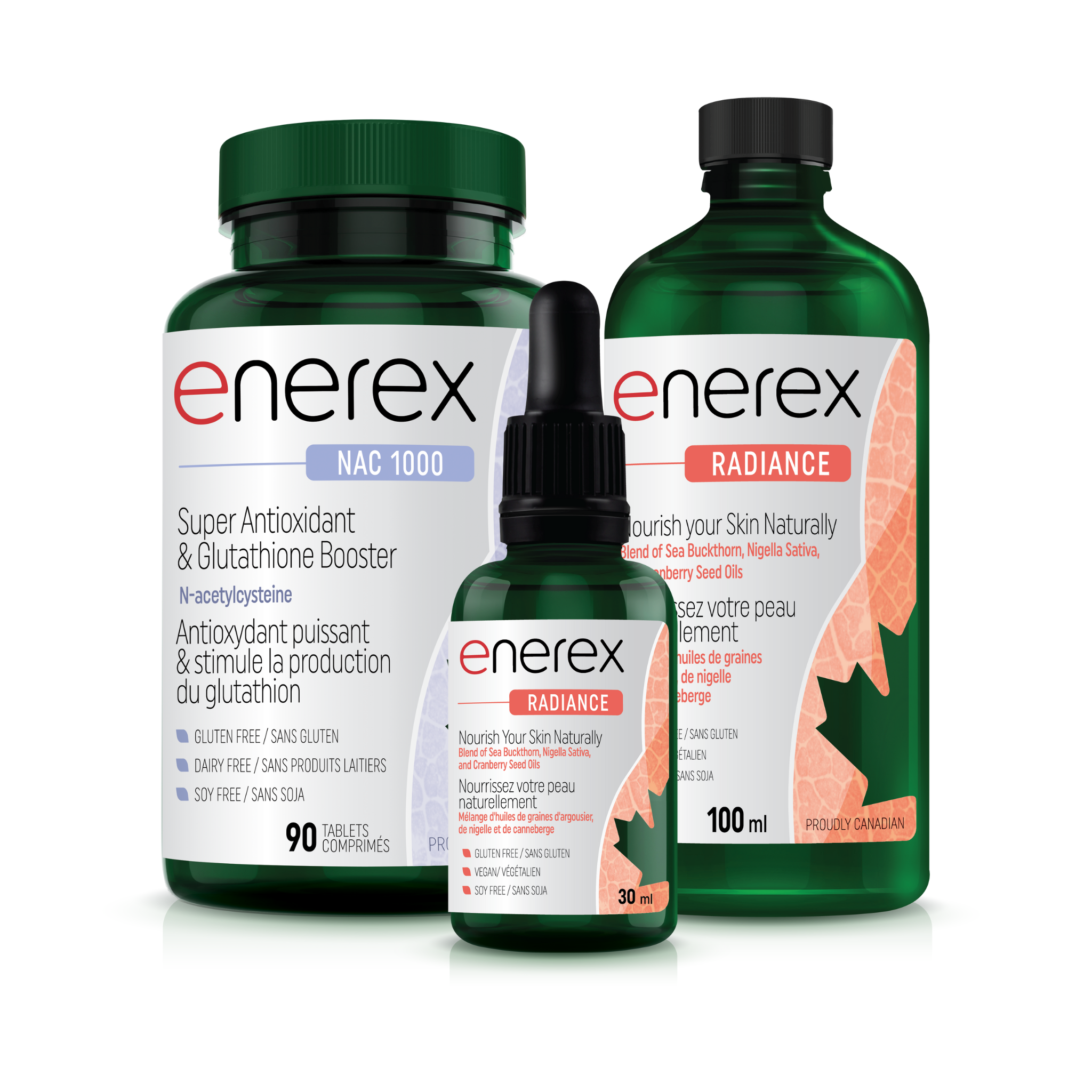
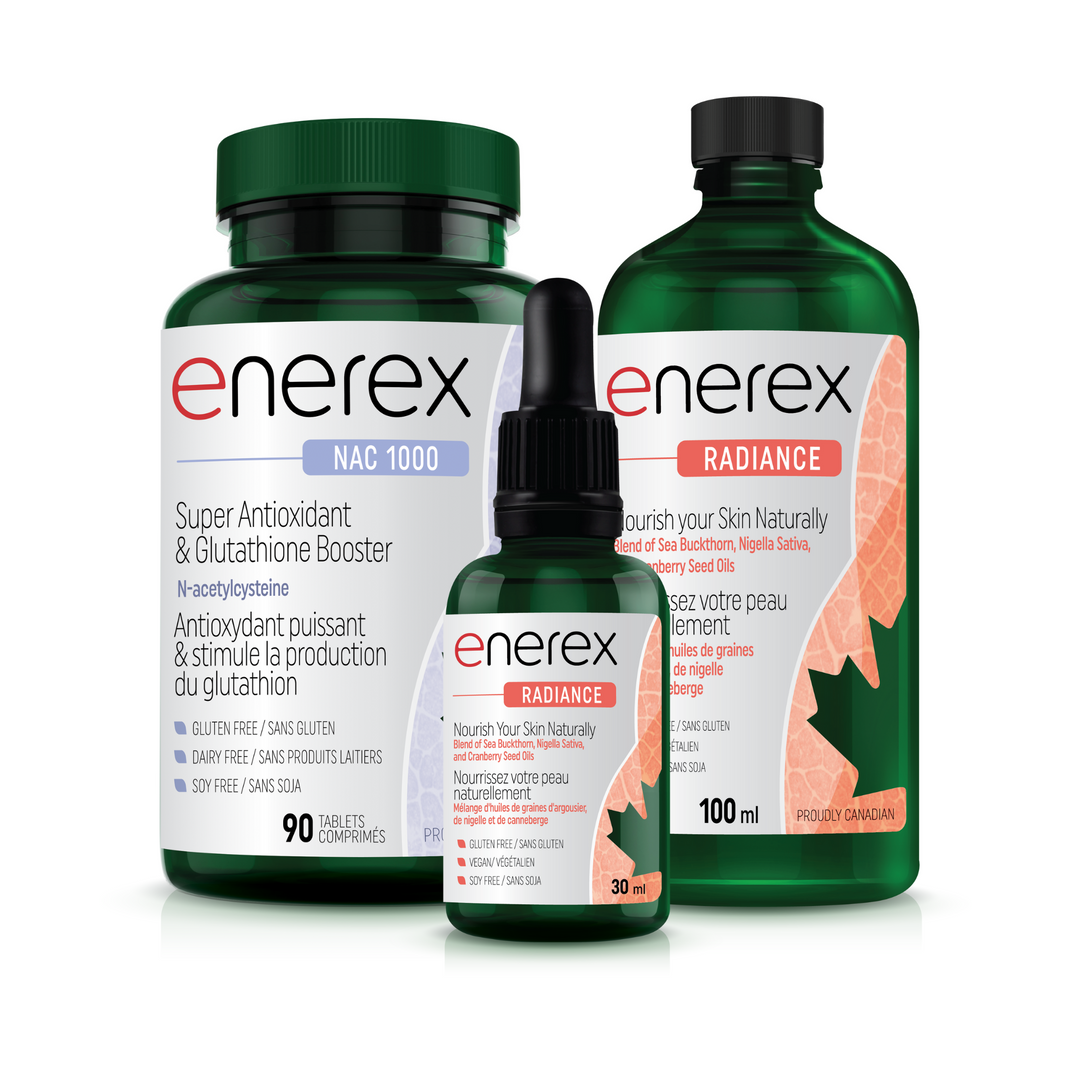
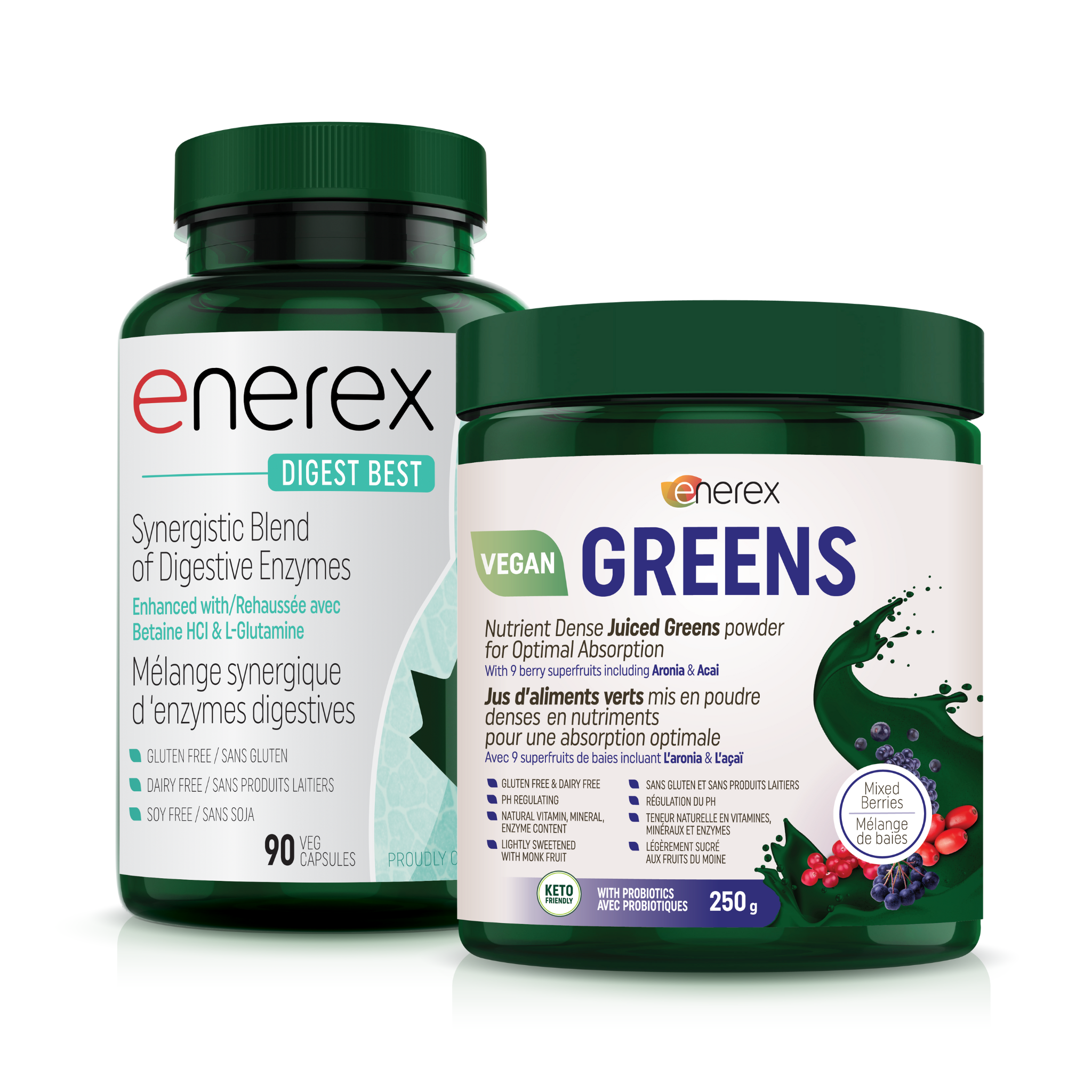
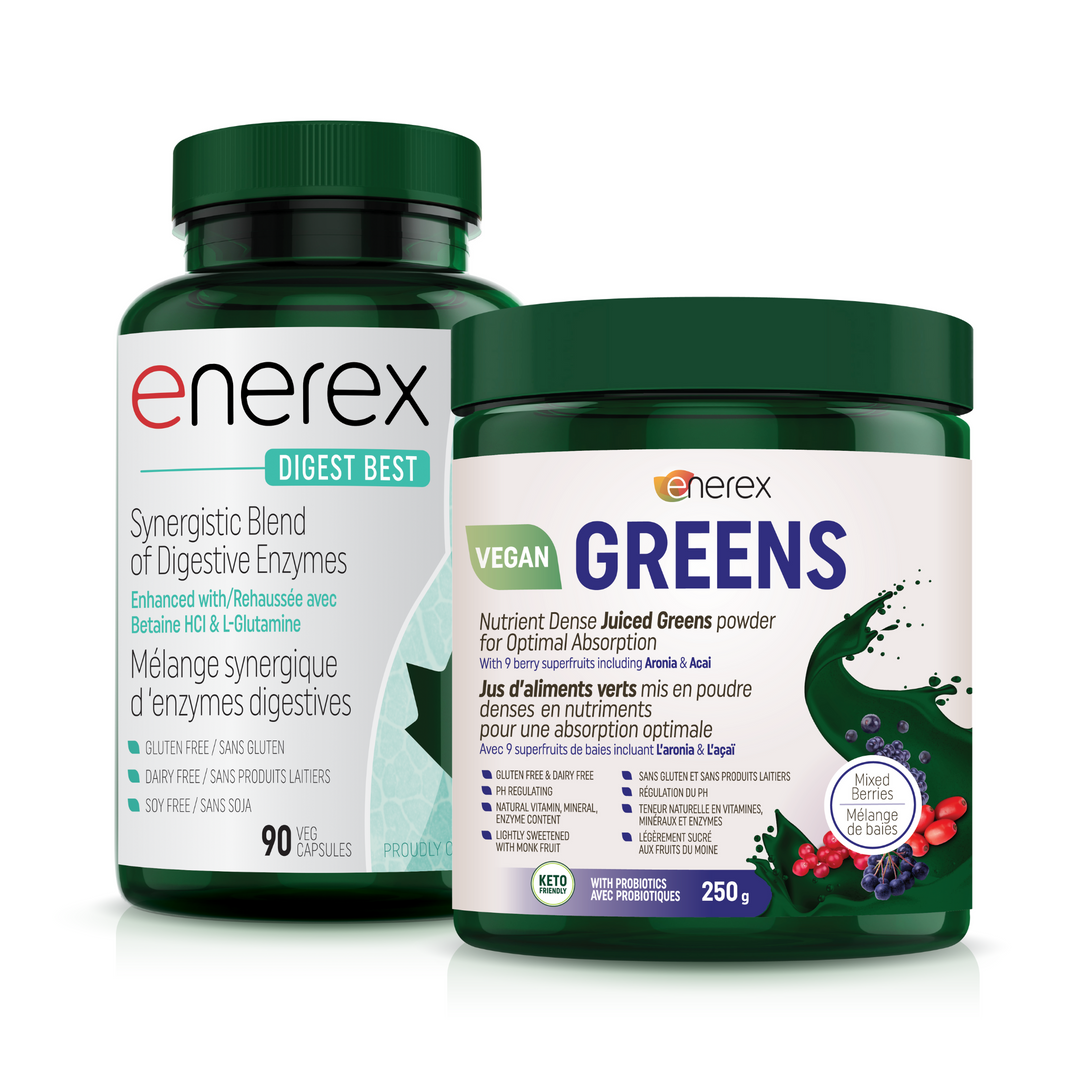
Leave a comment